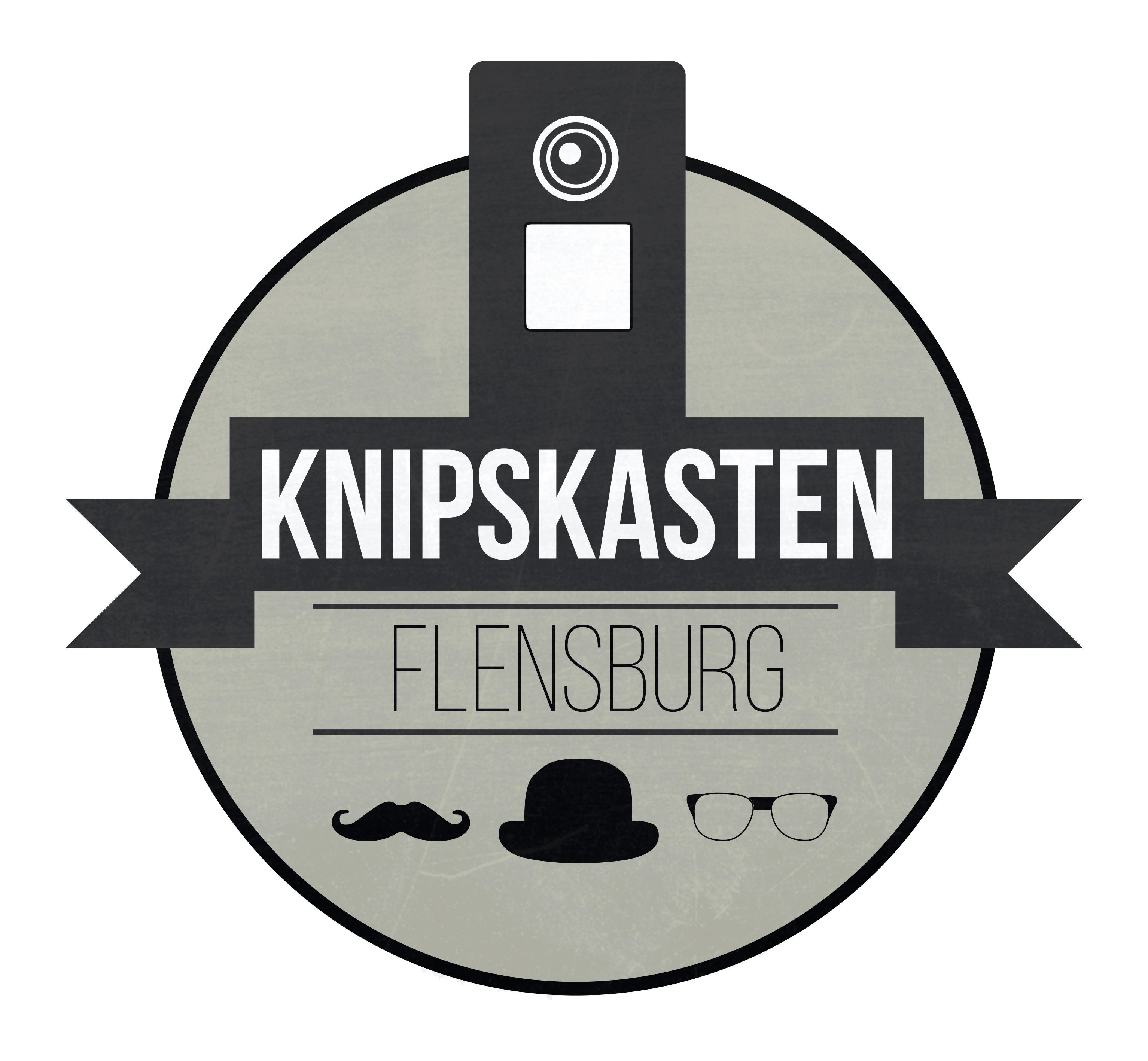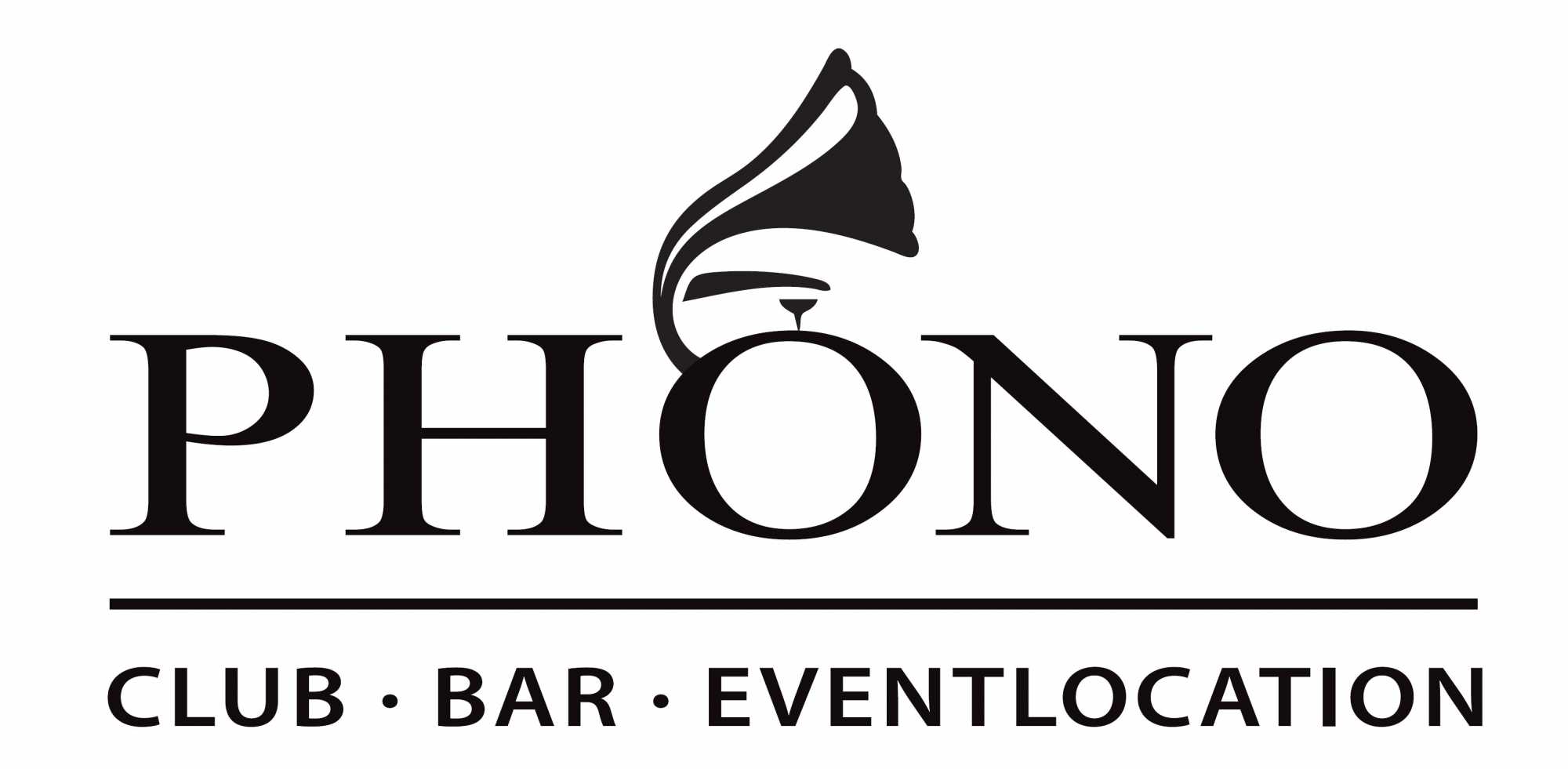The four recognised minorities in the German-Danish-Frisian border region
“Homeland is what is said” – this is the title of a speech by the German writer and Nobel Prize winner Herta Müller from Romania. This sentence also applies to the German-Danish-Frisian border region. Here, four ethnic groups have continued to cultivate their mother tongues as minorities for many decades.
Bilingualism as an enrichment
Given the great importance of language for their identity, it is no wonder that one of the main focuses of North Schleswig, South Schleswig, North Frisian and Sinti and Roma is to keep German, Danish, Frisian and Romani alive – in the family, but also at school, in church, in clubs, in public authorities and other public areas. They experience their bilingualism as an enrichment – and would like the majority population to do the same.
At the last Europeada in Carinthia, for example, you could see how the players from South Schleswig spoke German on the pitch but Danish in public. “It's a great gift for a young person to grow up in two cultures”, says Europeada ambassador Mads Buttgereit.
In Germany, the Sorbs are also recognised as a minority under the Council of Europe's Framework Convention for the Protection of National Minorities and the Charter for the Protection of Regional and Minority Languages. In Denmark, the German ethnic group is the only recognised minority.
The German Sinti and Roma – a long struggle for recognition and civil rights
Romani – the language of the Sinti and Roma – is less visible to the public. The members of this ethnic group, which has been at home in Germany for over 600 years, have been persecuted and expelled time and again over the centuries. During the National Socialist era, in which 500,000 European Sinti and Roma were murdered, racist scientists learnt their language in order to be able to question and interrogate them better. For many Sinti and Roma, Romani remains a protected space to this day, which they are very cautious about revealing.
Based on the relationship between Romani and Indian Sanskrit, it is assumed that the Sinti and Roma originally come from India. "Sinti" refers to the members of the minority who have lived in Central Europe since the end of the Middle Ages, while “Roma” refers to those of Eastern or South-Eastern European origin. The civil rights movement of the German Sinti and Roma emerged at the end of the 1970s and initially had to fight to have the genocide of their minority recognised. Today, the focus is on advocating for minority rights and cultural participation as well as remembrance work.
Founded in 1982, the Central Council and the Documentation Centre of German Sinti and Roma are based in Heidelberg. Numerous regional associations are affiliated with the Central Council – such as the Schleswig-Holstein regional association based in Kiel.
The German minority in Denmark – with its own mountain
Around 15,000 people belong to the German minority in the south of Denmark. It was formed after the referendum and the resulting border shift in 1920 from the inhabitants of North Schleswig, who had German roots and felt German. Today, the German minority is an integrated part of Danish society. Its main organisation is the Bund Deutscher Nordschleswiger (BDN), whose general secretariat is based in Apenrade. The minority maintains its own kindergartens, schools and libraries, where Danes are also welcome.
The minority also carries out church and social work, publishes its own daily newspaper and organises cultural and sporting activities in many clubs. The political representation is the Schleswig Party, which is represented in the municipal councils of Tønder, Sønderborg Apenrade and Hadersleben. The cultural centre is the educational institution on the 97-metre-high Knivsberg.
The Danish minority in Germany – with a seat in the Bundestag
The Danish minority in South Schleswig, which extends into the district of Rendsburg-Eckernförde, has a similar area of expenditure. The main cultural organisation is the Flensburg-based Sydslesvigsk Forening (SSF). The extensive school system, which mainly teaches in Danish, also includes the two grammar schools in Flensburg and Schleswig. The minority party, the Südschleswigsche Wählerbund (SSW), is represented in the Schleswig-Holstein state parliament and has a seat in the German Bundestag, in addition to municipal and city councils and district councils.
The cultural centre is Norderstraße in Flensburg with the Flensborghus Aktivitetshuset and the Danish Central Library. The festive highlight every early summer is the annual "Årsmøder" gathering with a variety of discussion forums, barbecues and family celebrations as well as large regional folk festivals. Dannebrog, the Danish flag, is omnipresent.
The Frisian ethnic group – with its own institute
Around 160,000 people live in the district of North Friesland. Of these, around 50,000 identify themselves as Frisians. Less than 10,000 still actively speak Frisian in various dialects. Other Frisians in Germany live in north-west Lower Saxony and in Saterland (Cloppenburg district). Outside of Germany, there are also the West Frisians, who are native to the Netherlands.
In 2004, the Schleswig-Holstein state parliament passed the Frisian Act, which makes Frisian the second language authorised for official use and in court in the district of North Friesland and on Heligoland. In North Friesland, you can also see the linguistic home of the inhabitants: the town signs are bilingual – for example, Naibel is written under Niebüll. The central organisation is the Friesenrat/Sektion Nord, which has its headquarters in Bredstedt. The Nordfriisk Instituut for the research, promotion and maintenance of the North Frisian language, history and culture is also located there.
Exemplary minority rights
The rights and cultural independence of the minorities living on both sides of the border are by no means a given in the European context. This makes them all the more responsible and happy to take on the role of host of the 5th EUROPEADA and look forward to a joint celebration of football, diversity and democracy.
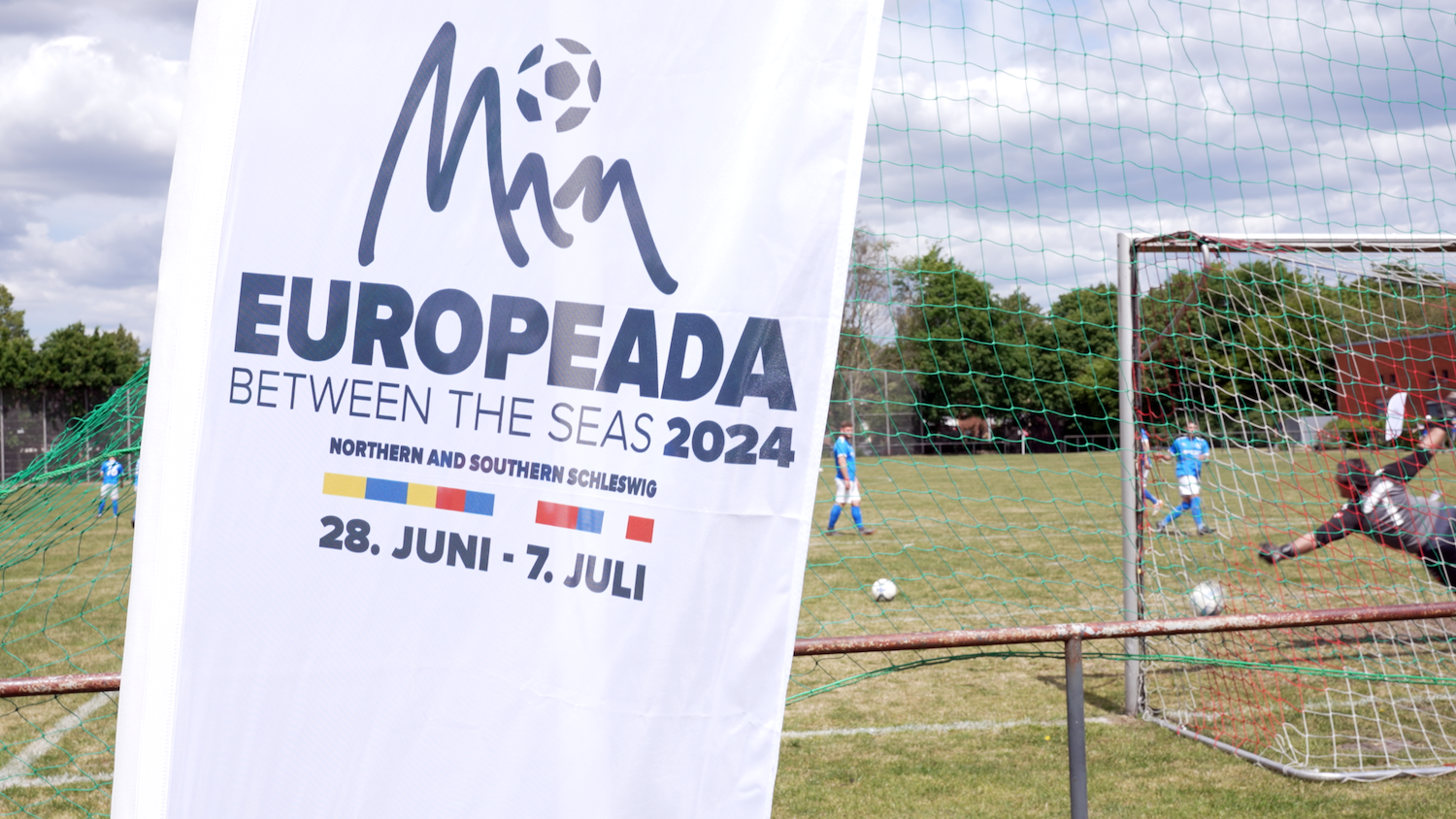
.png)
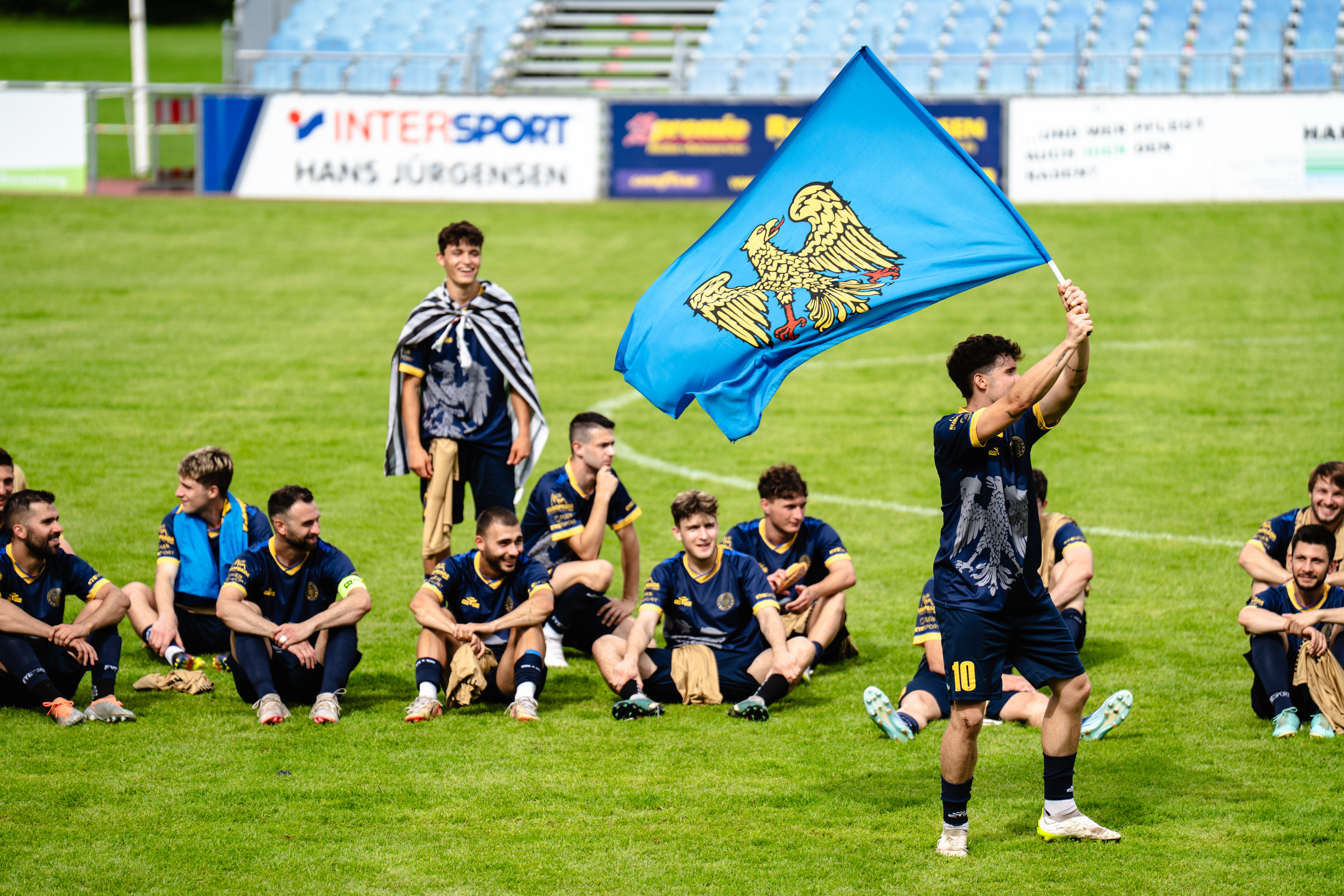
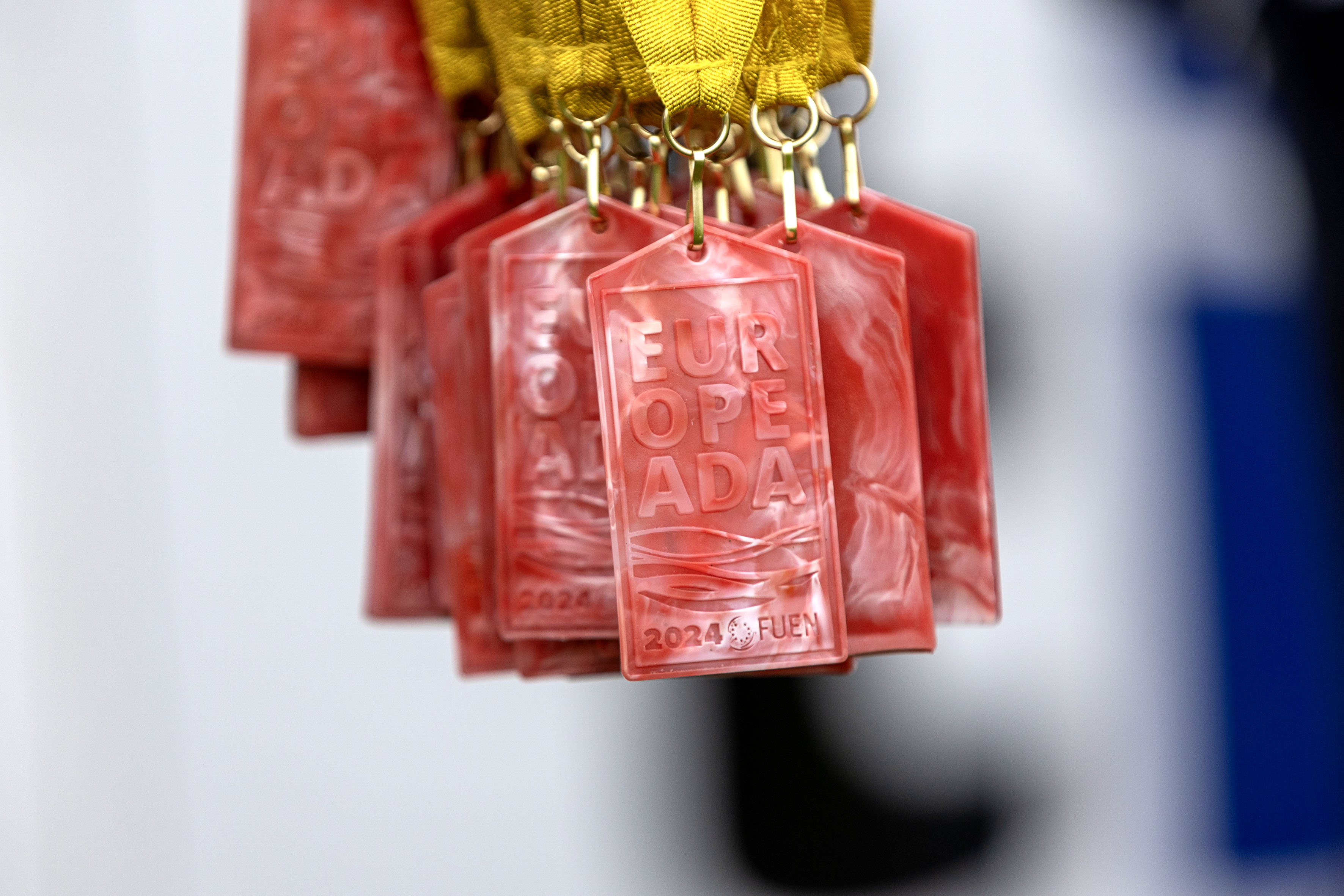
.jpg)

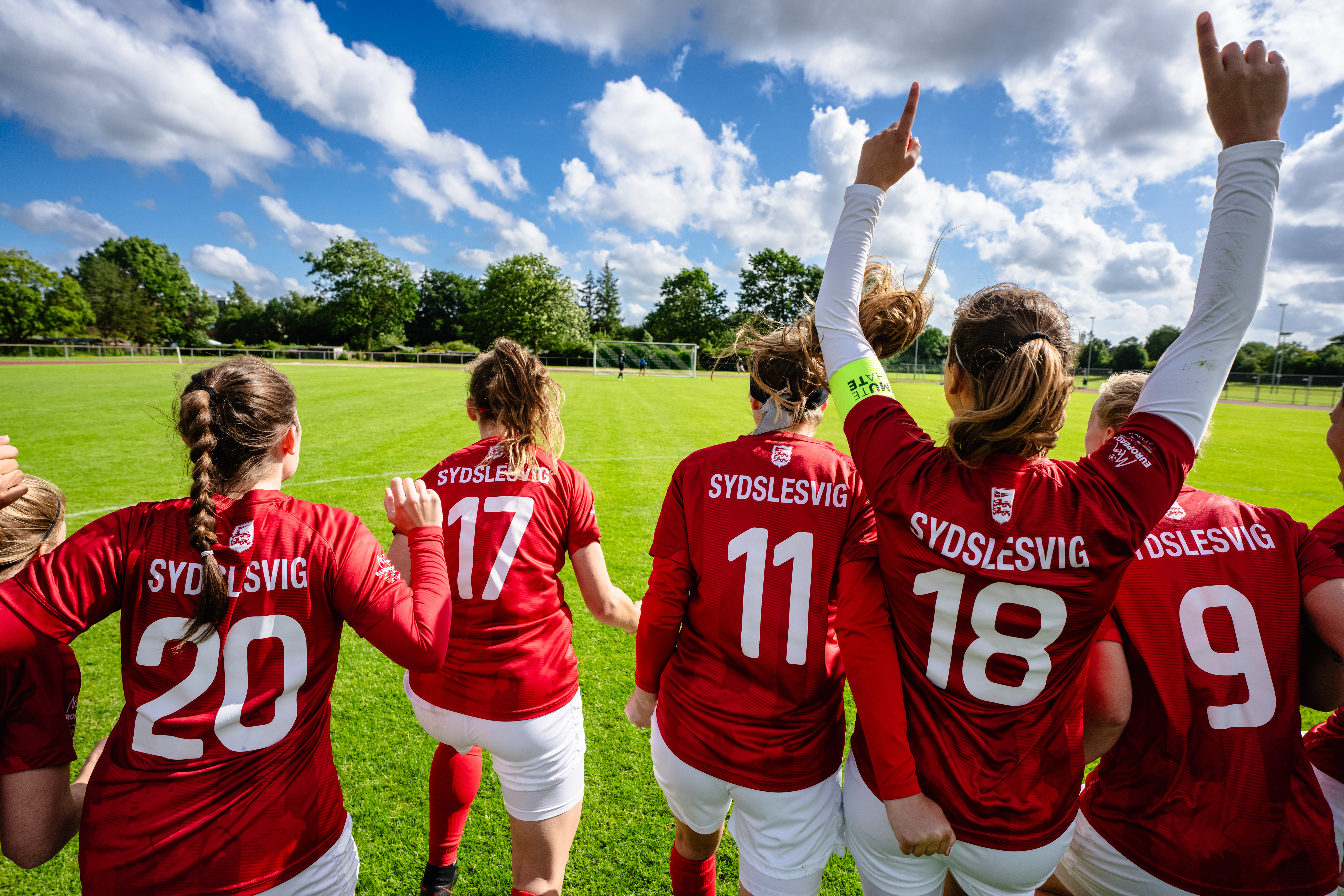

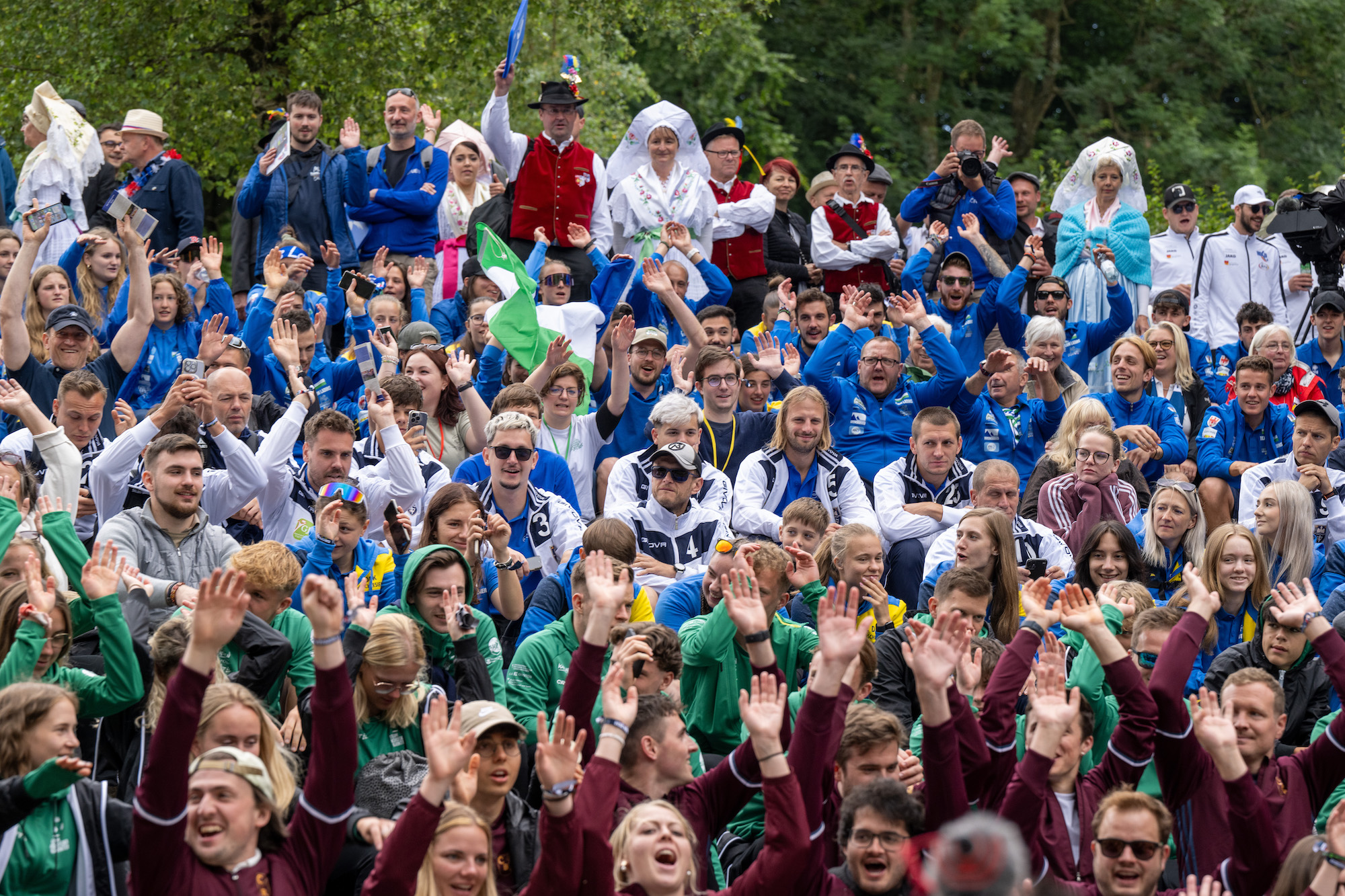
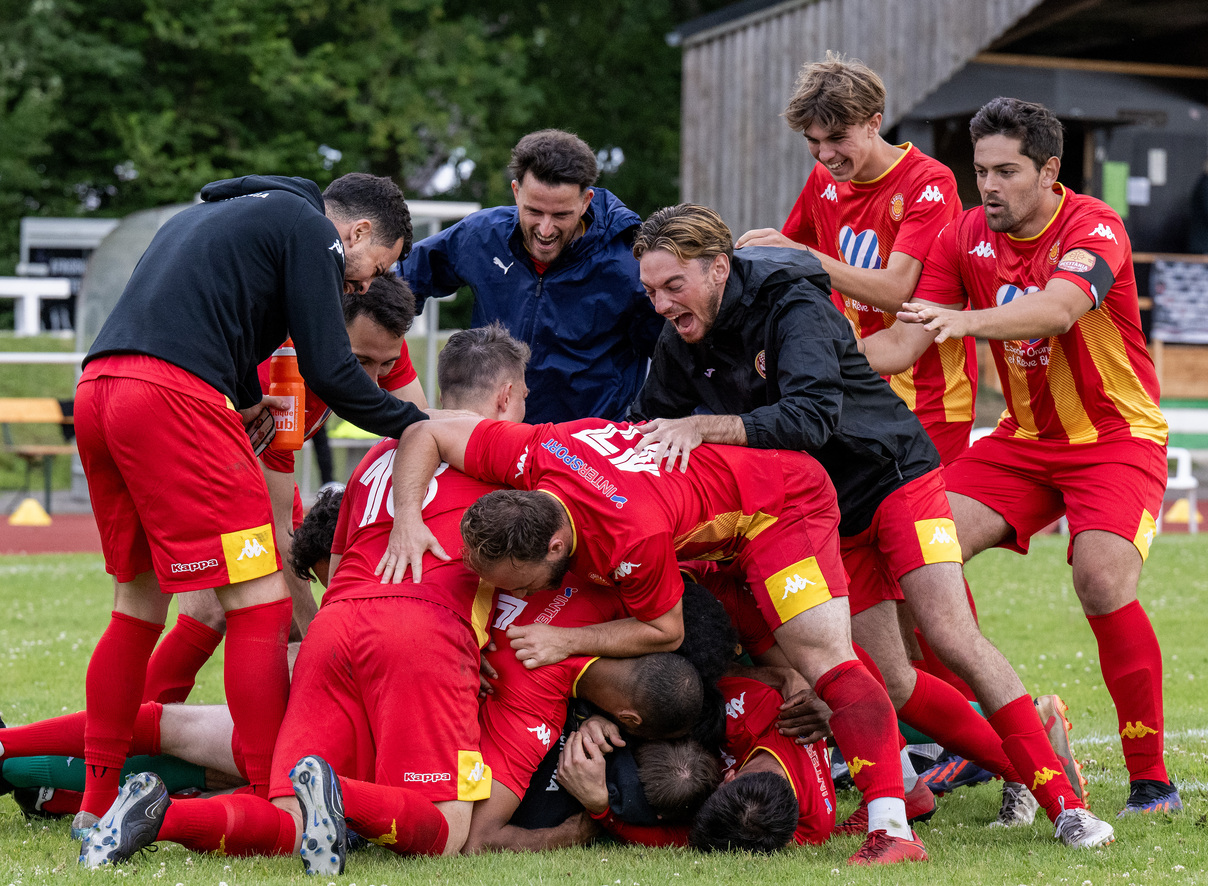
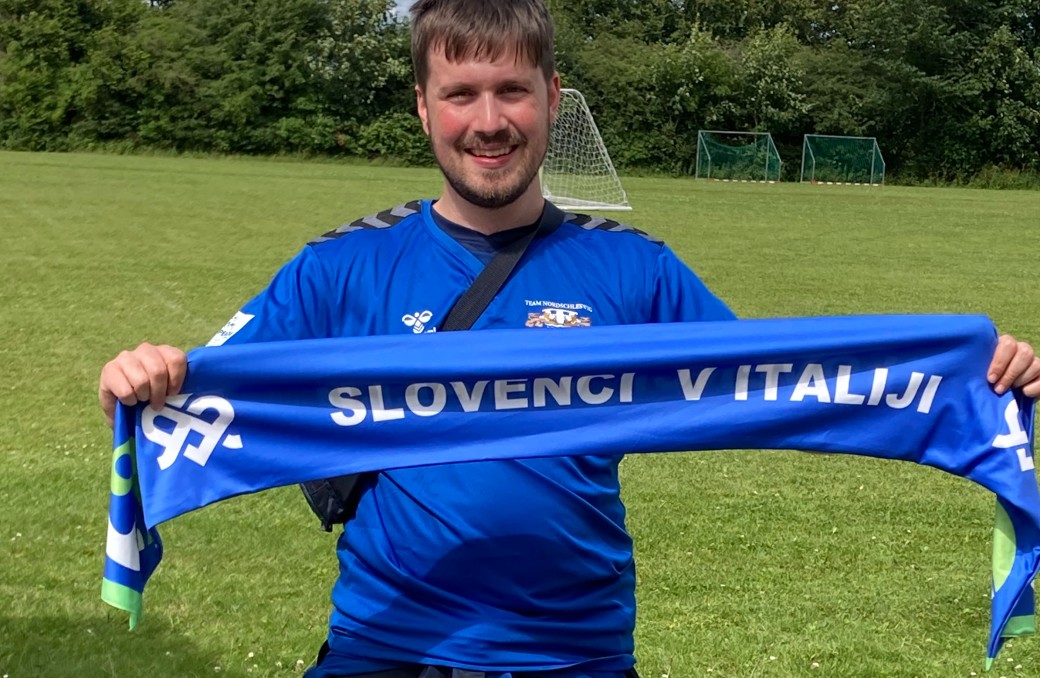
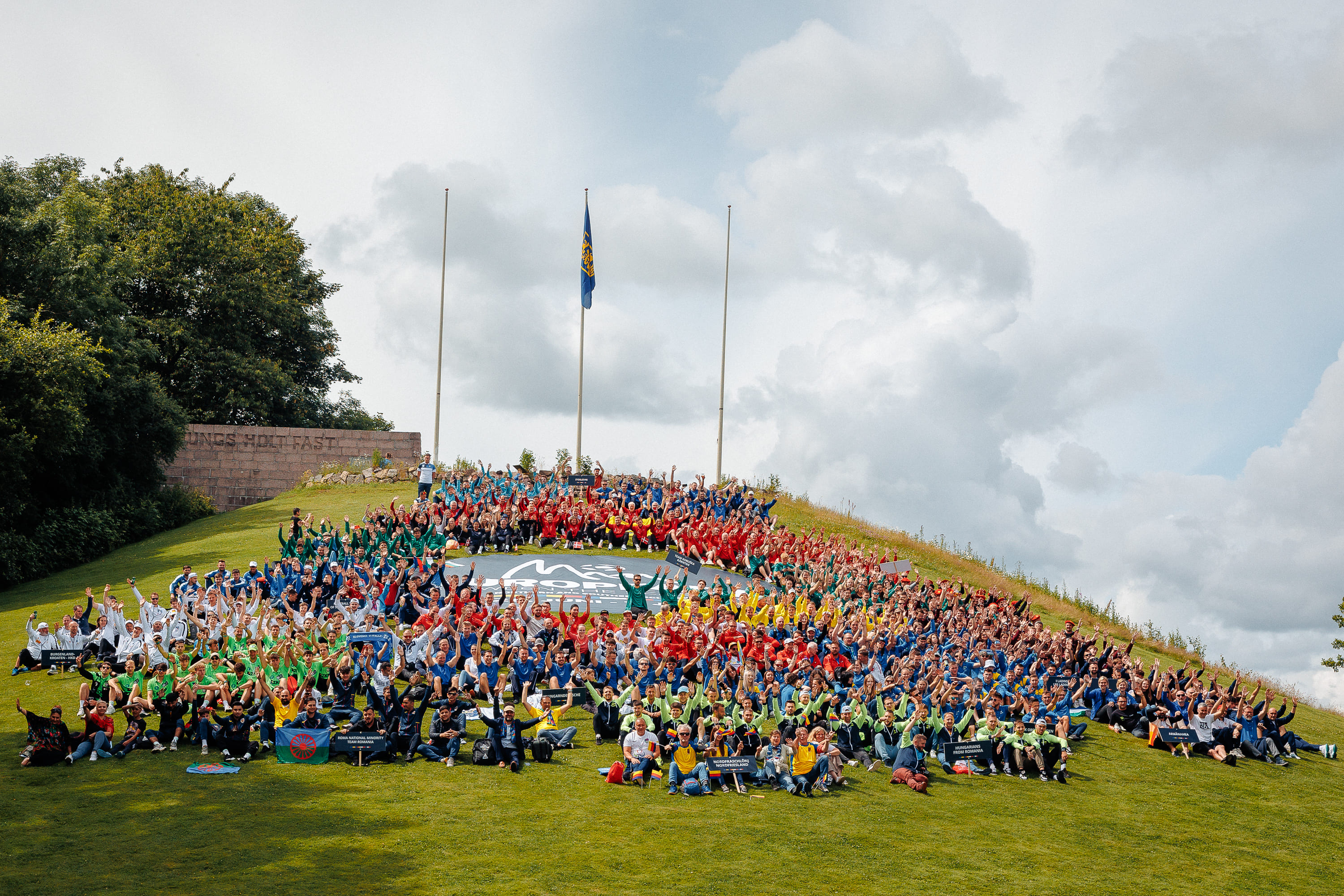
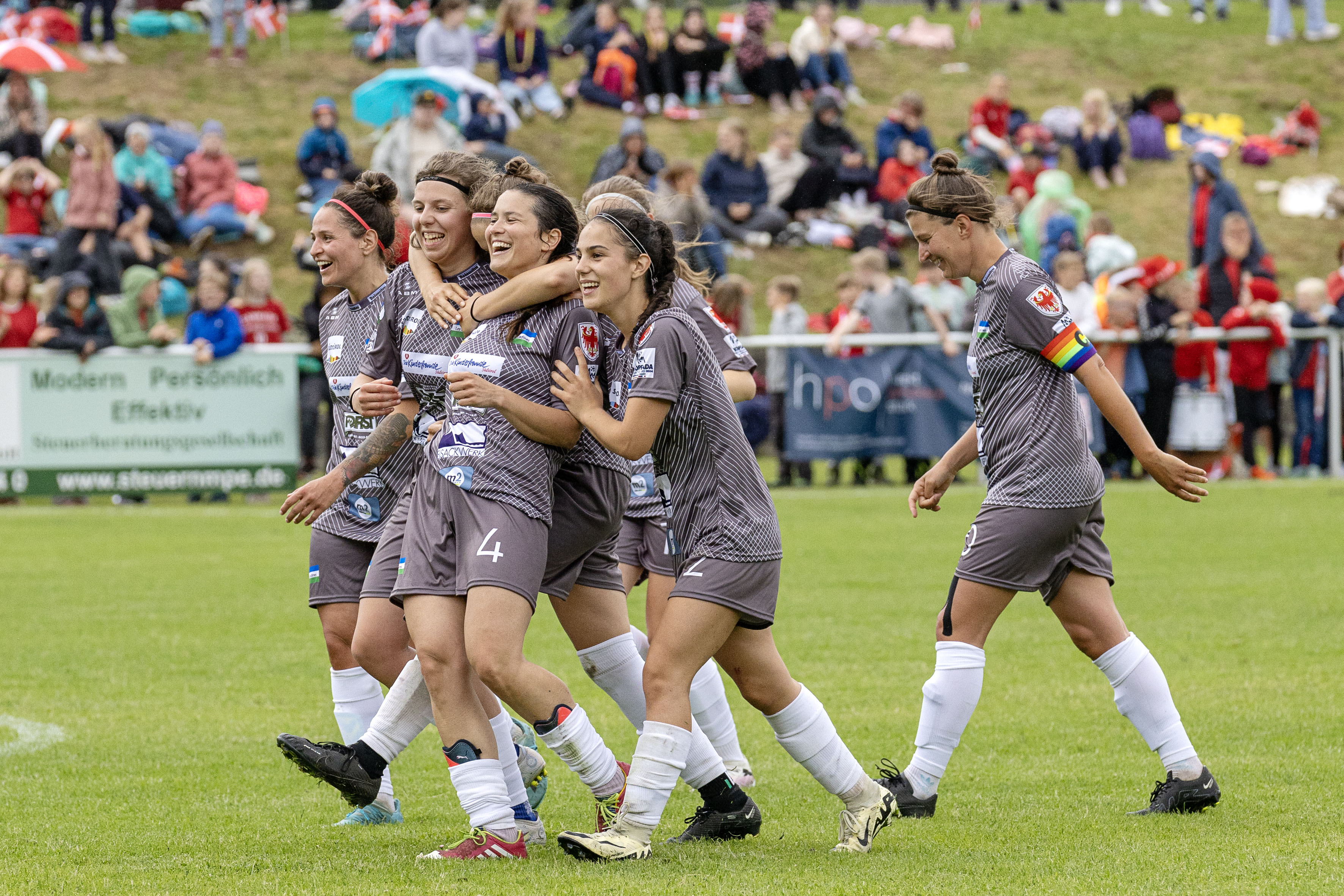
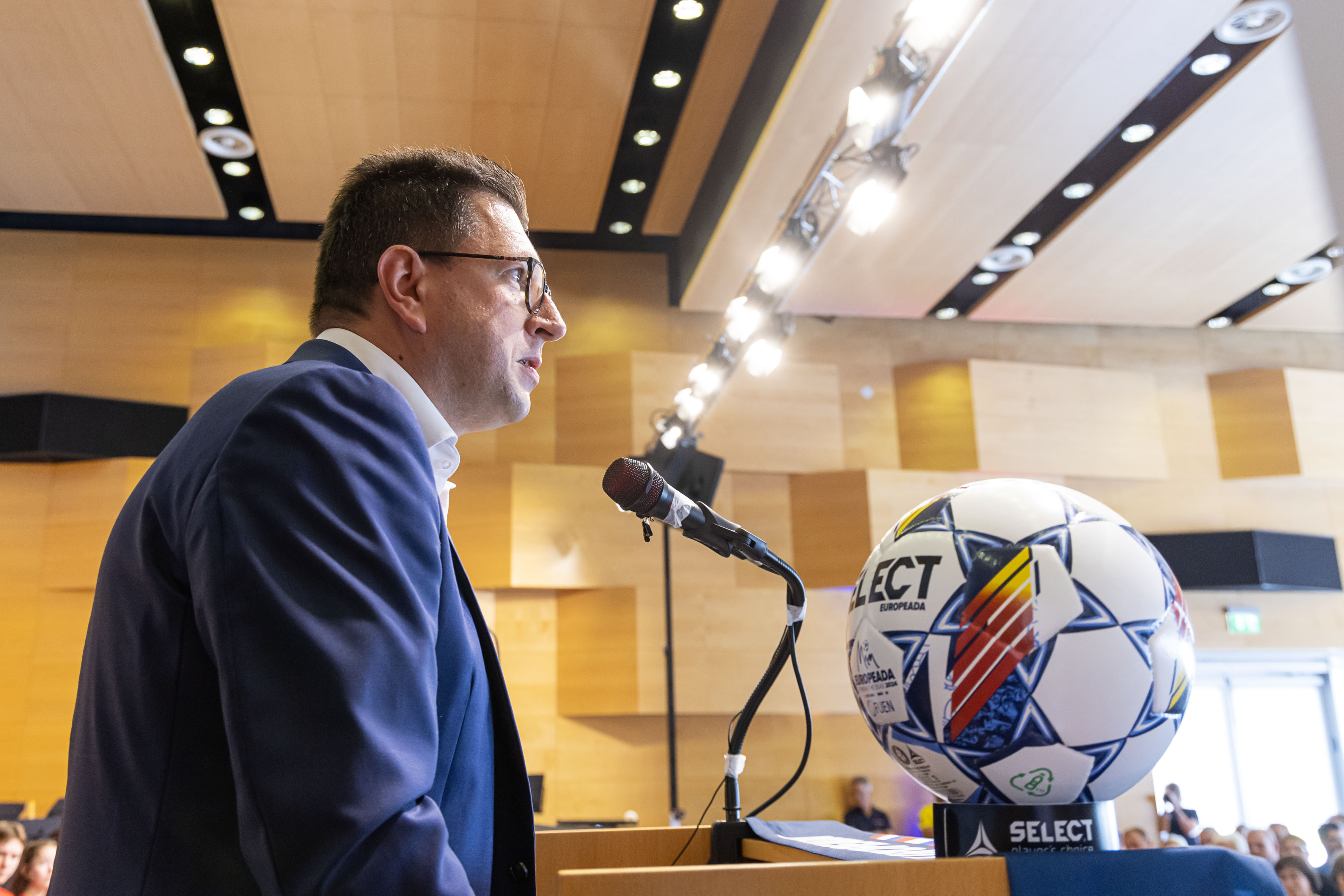
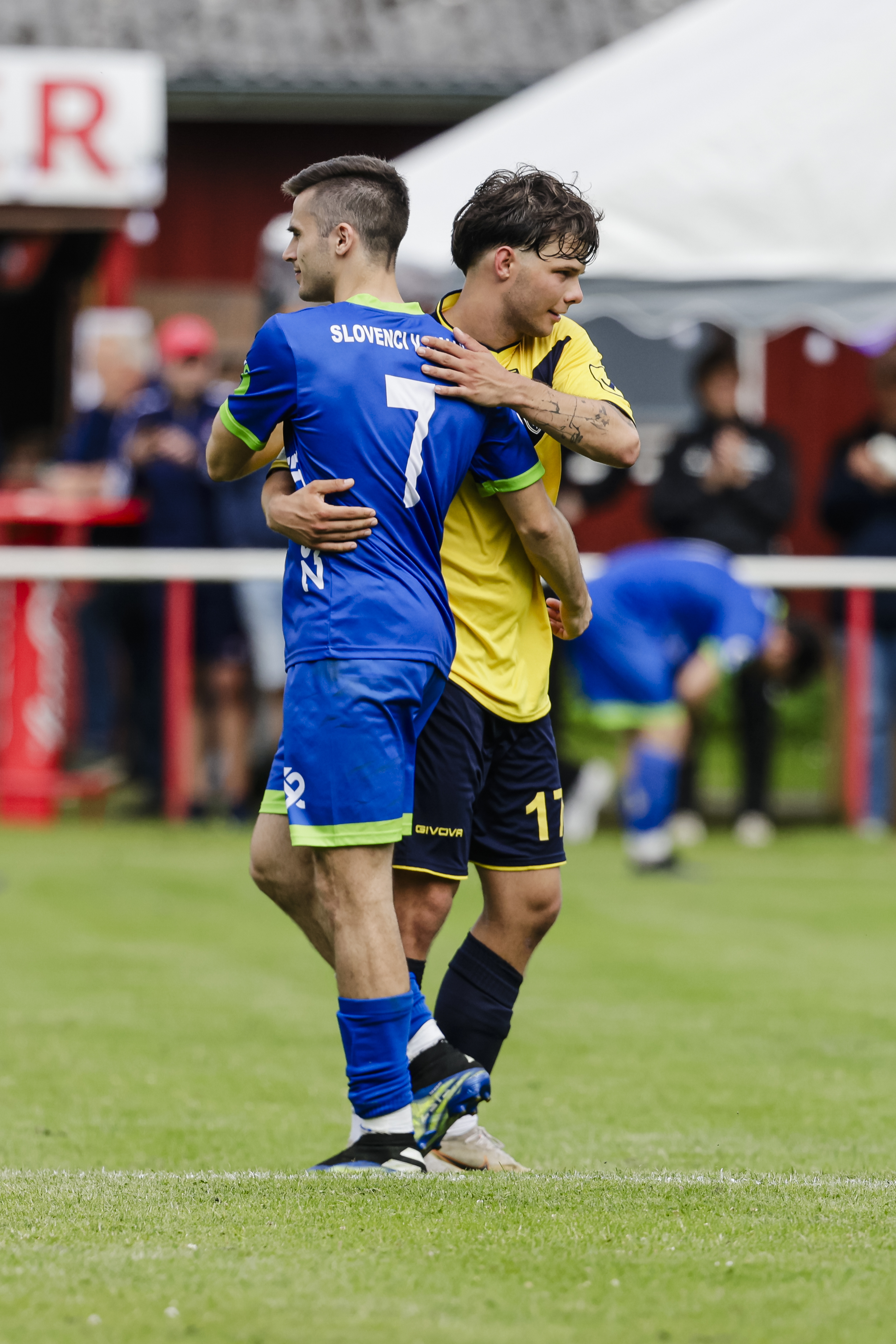
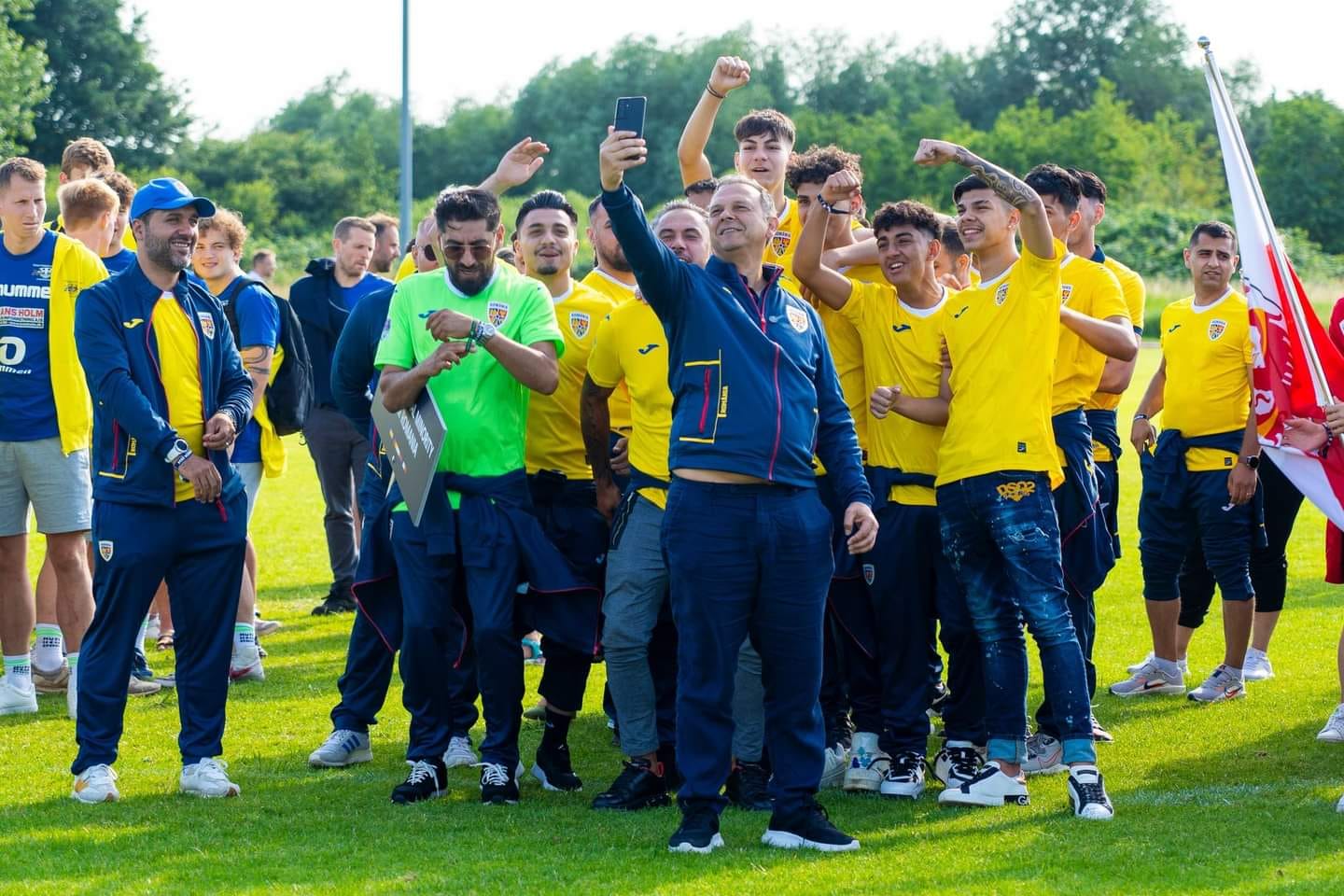
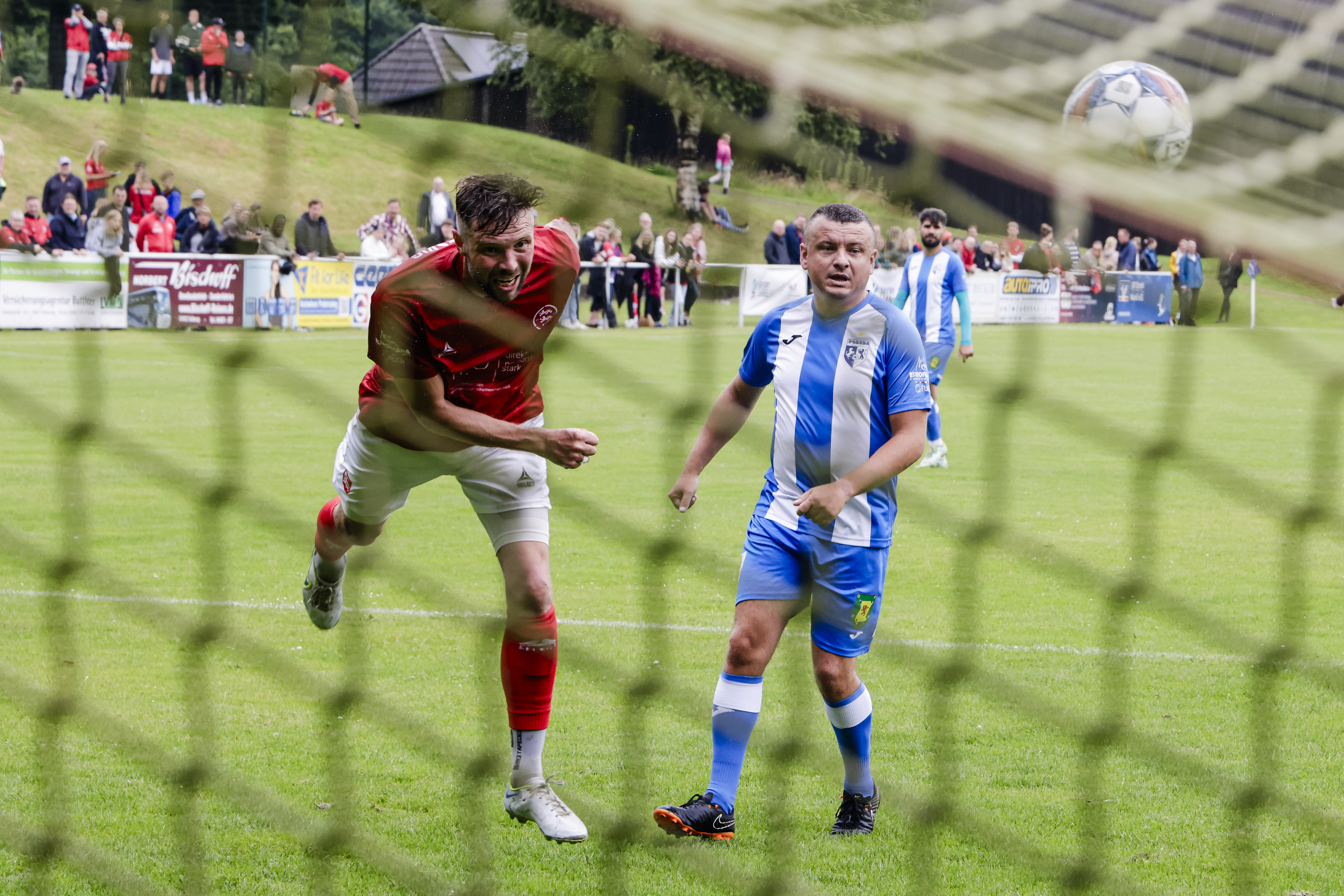
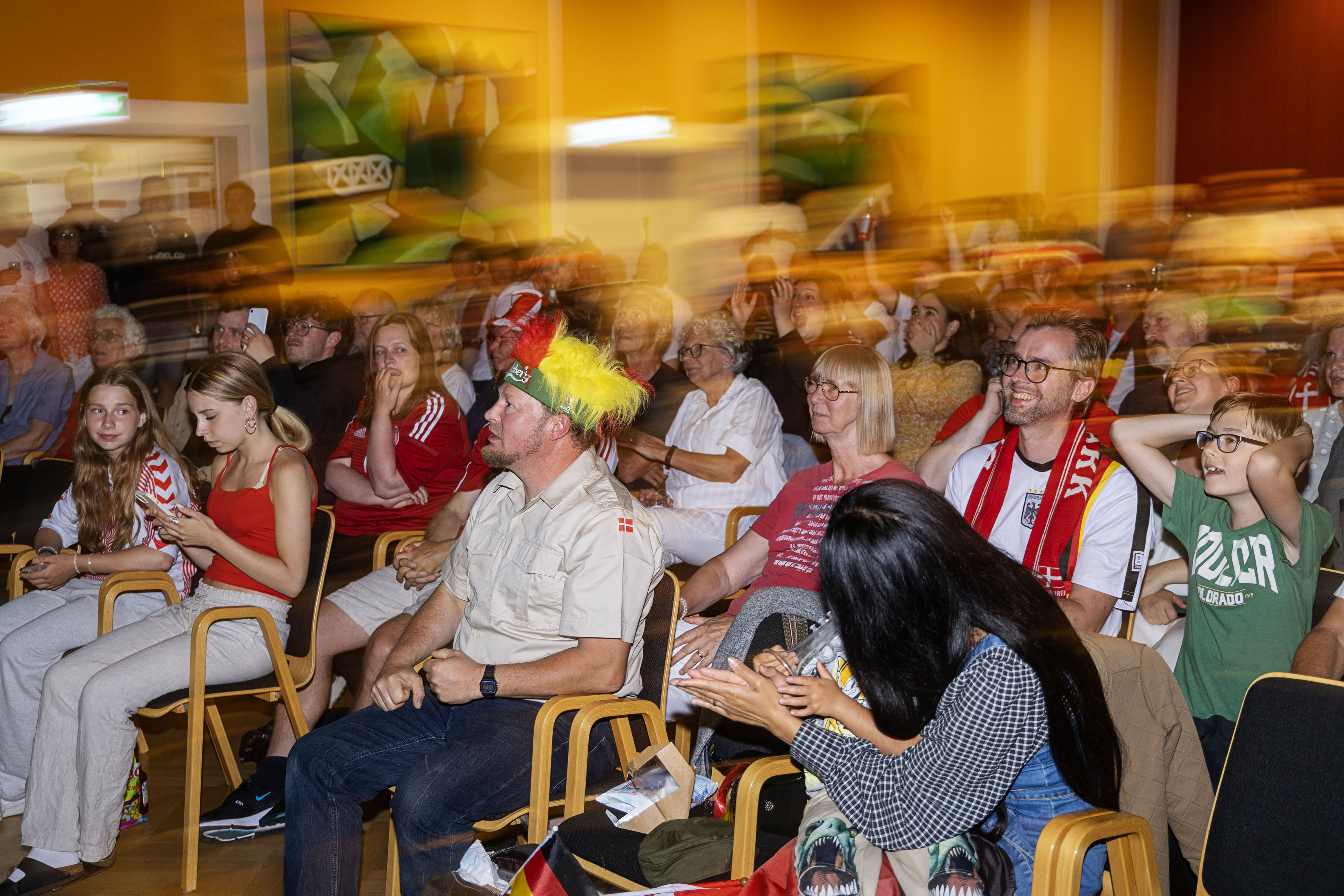
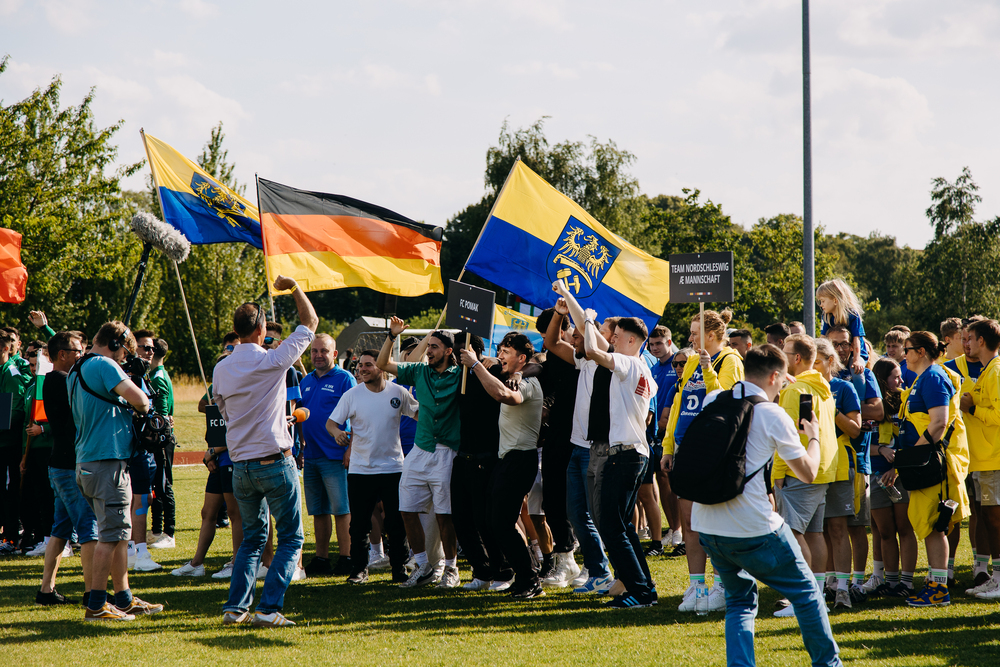
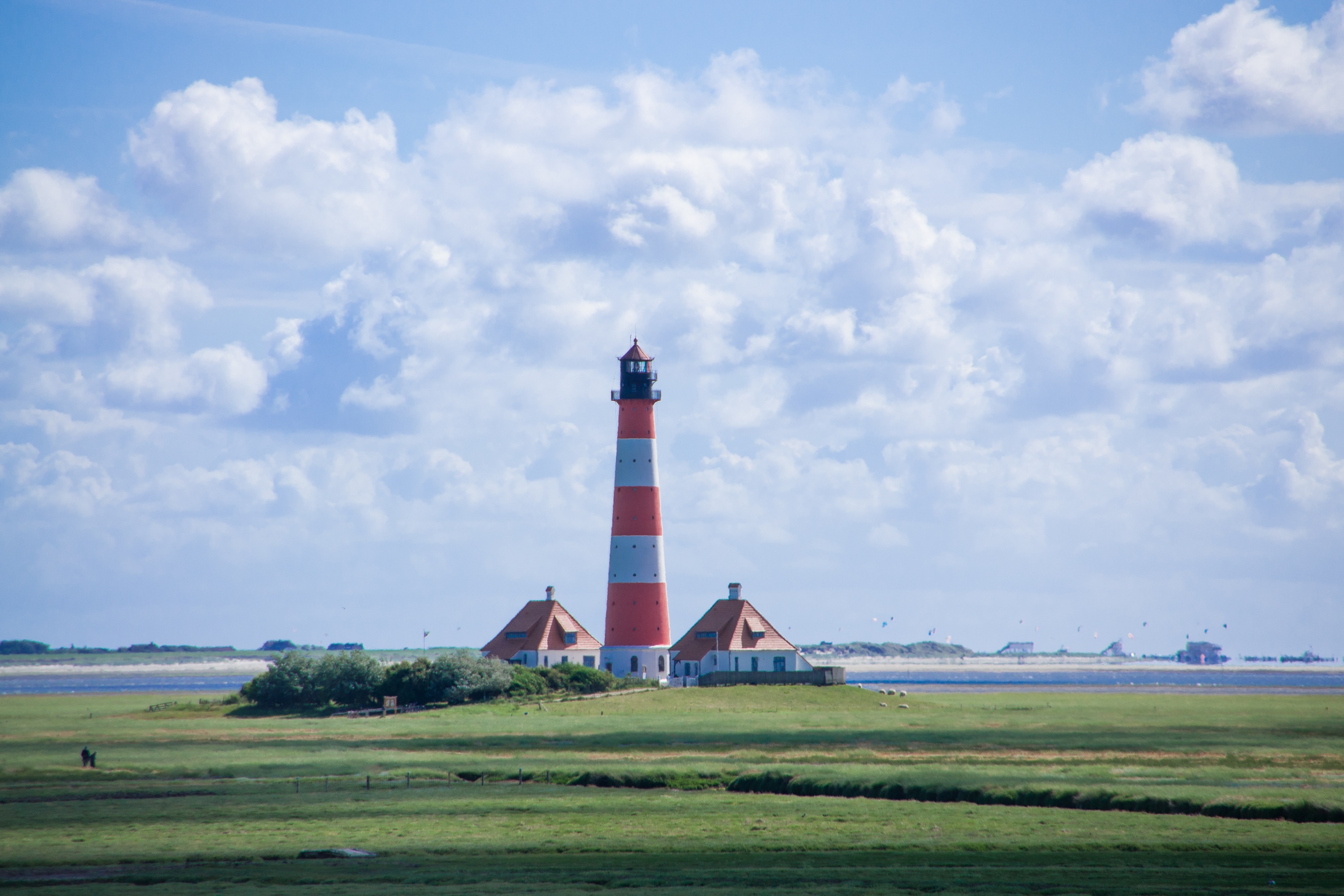
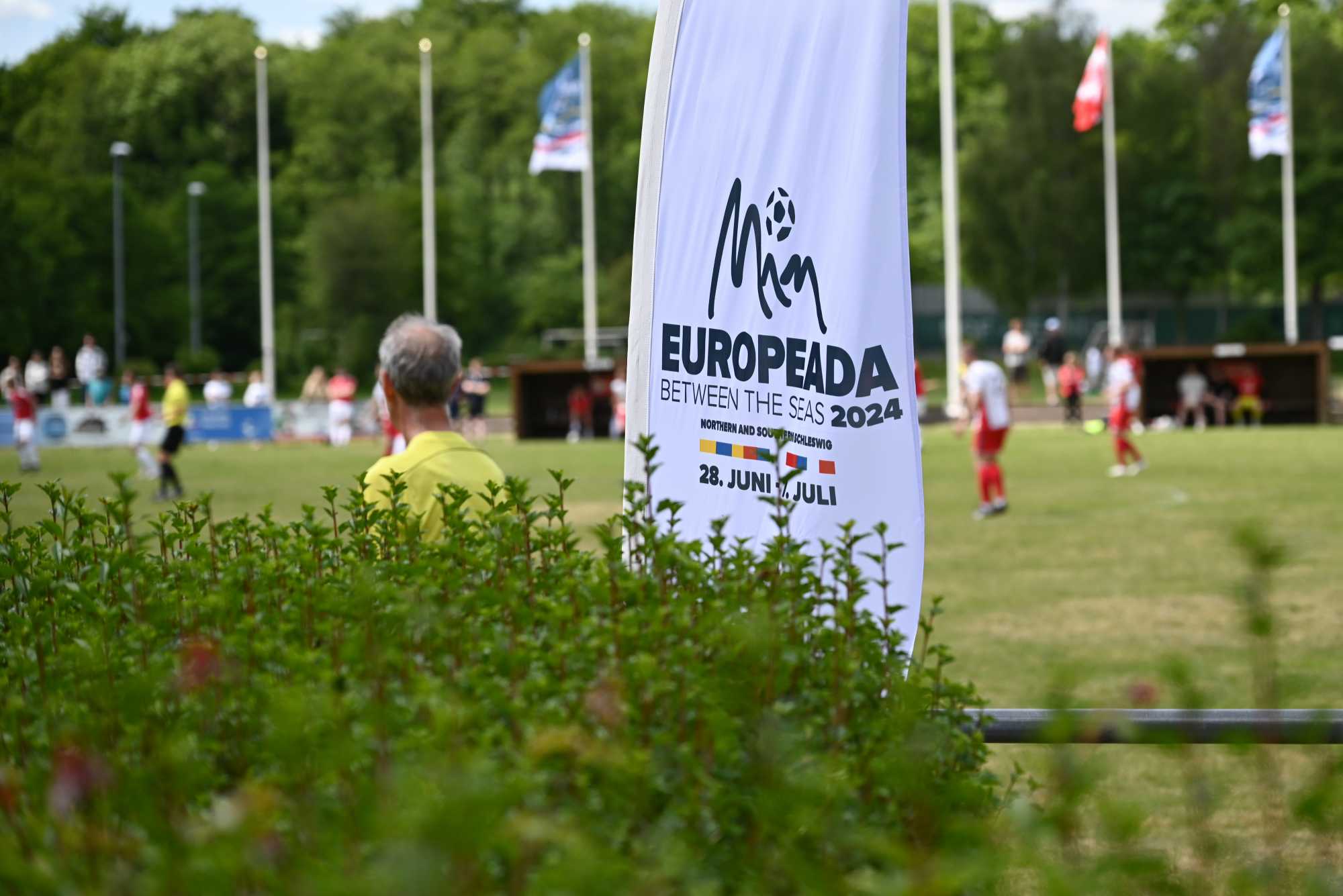

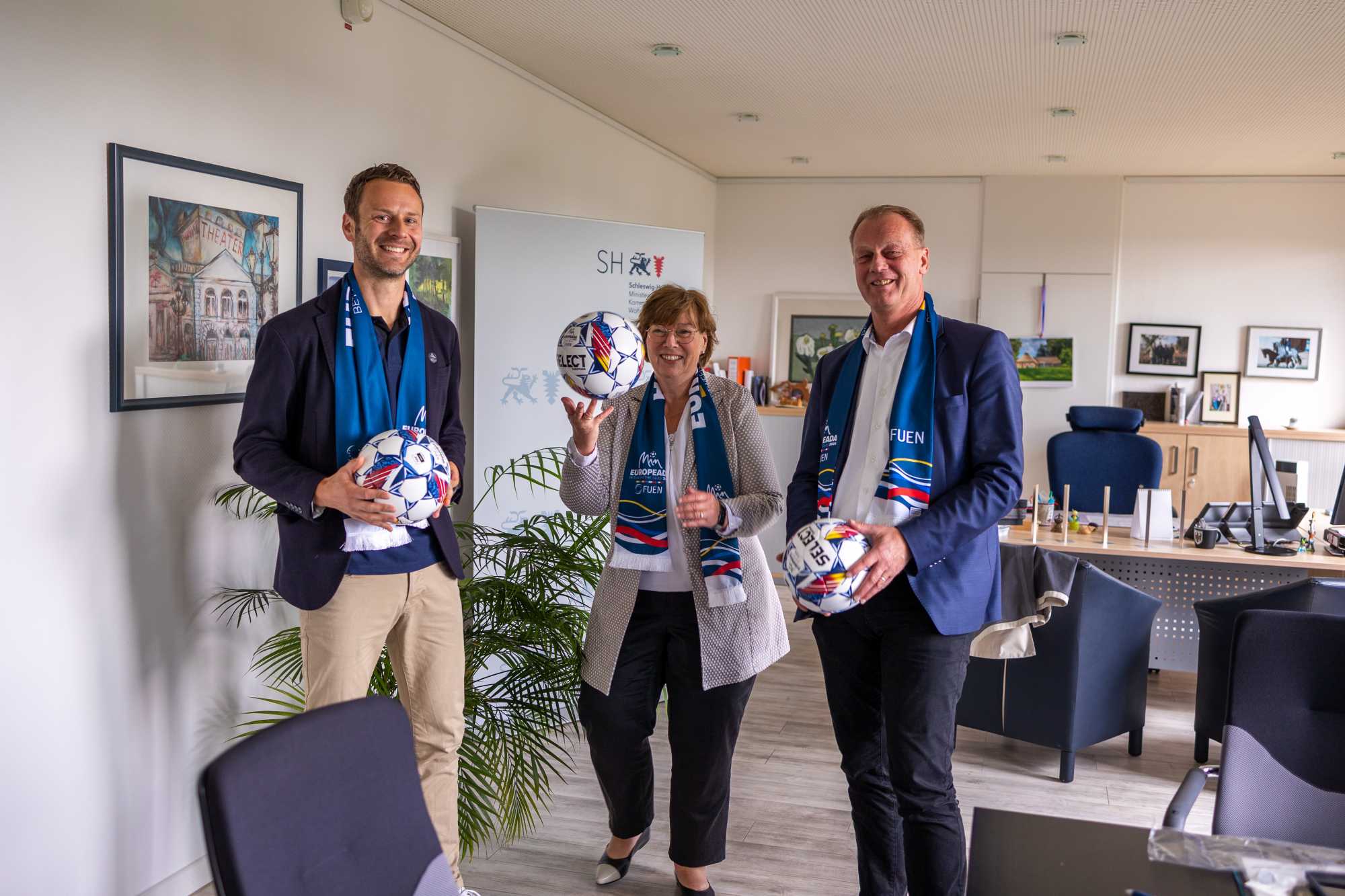
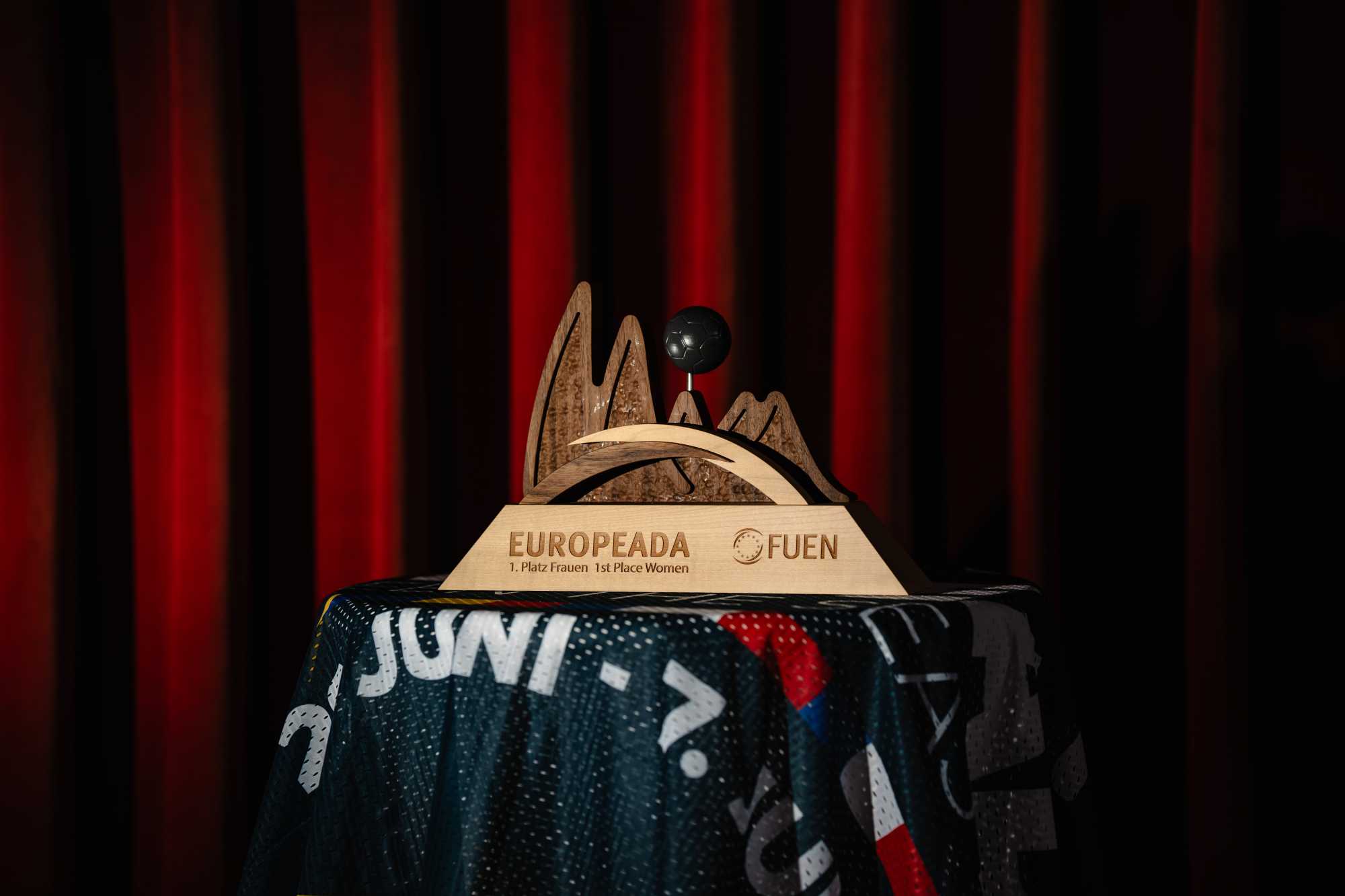

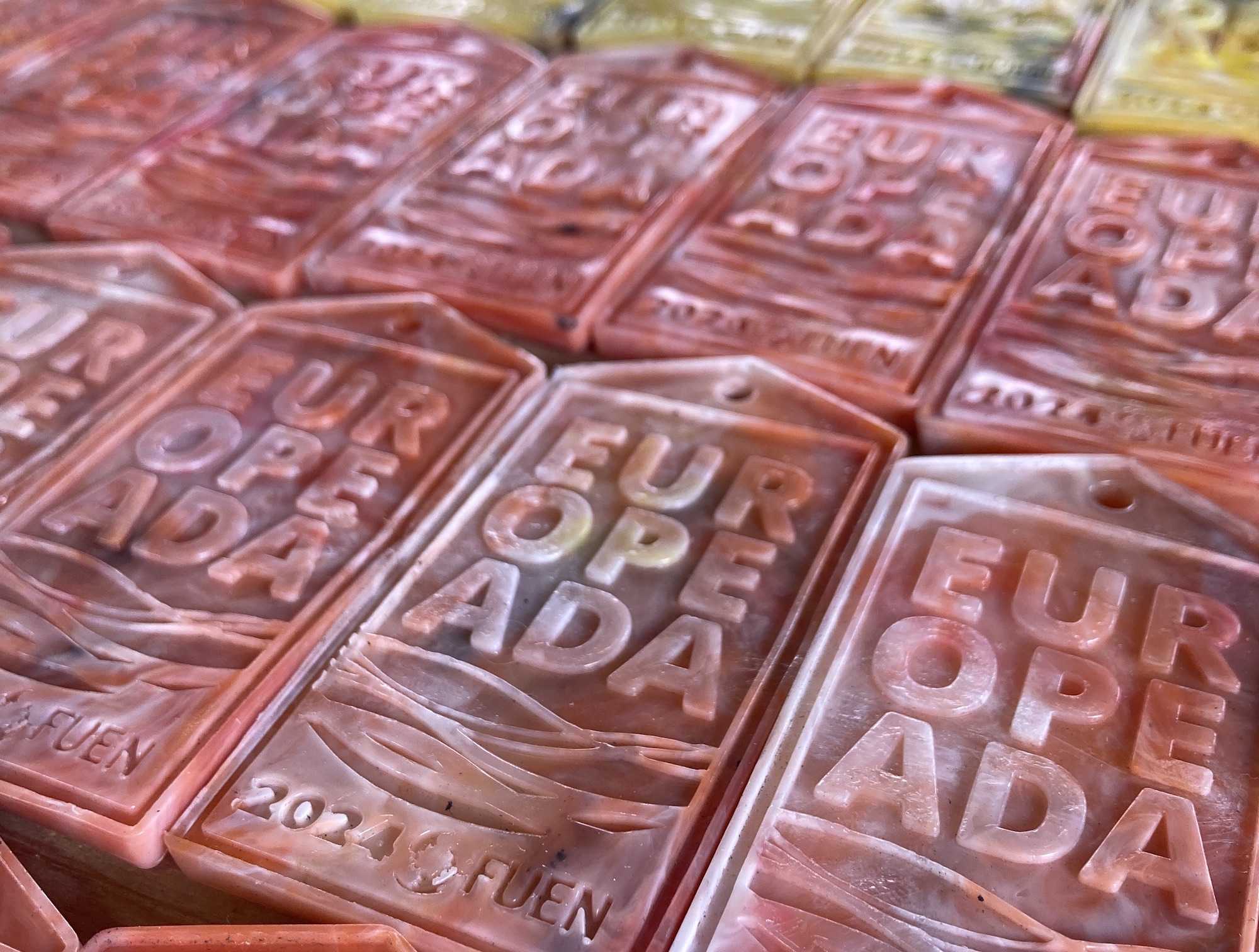
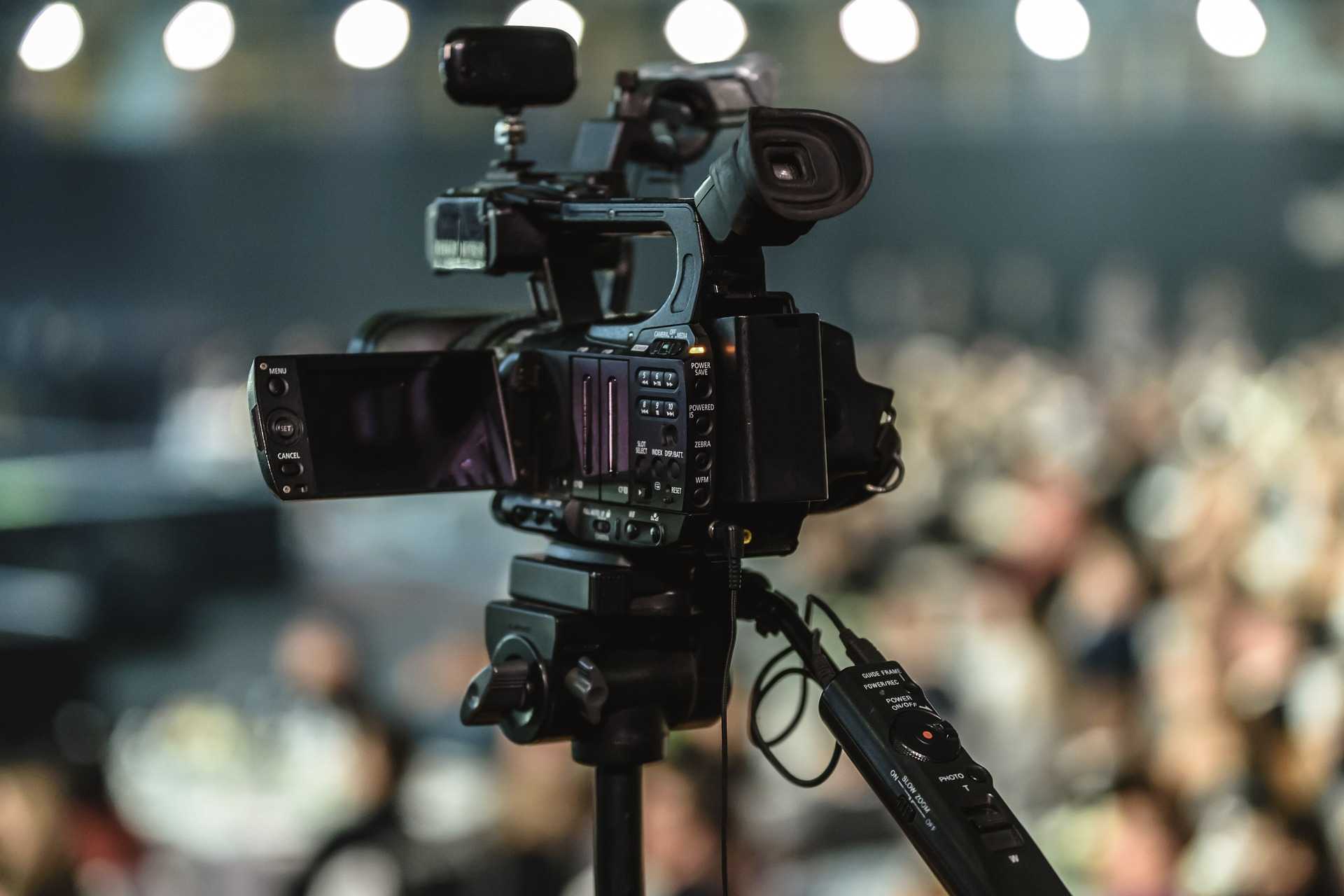
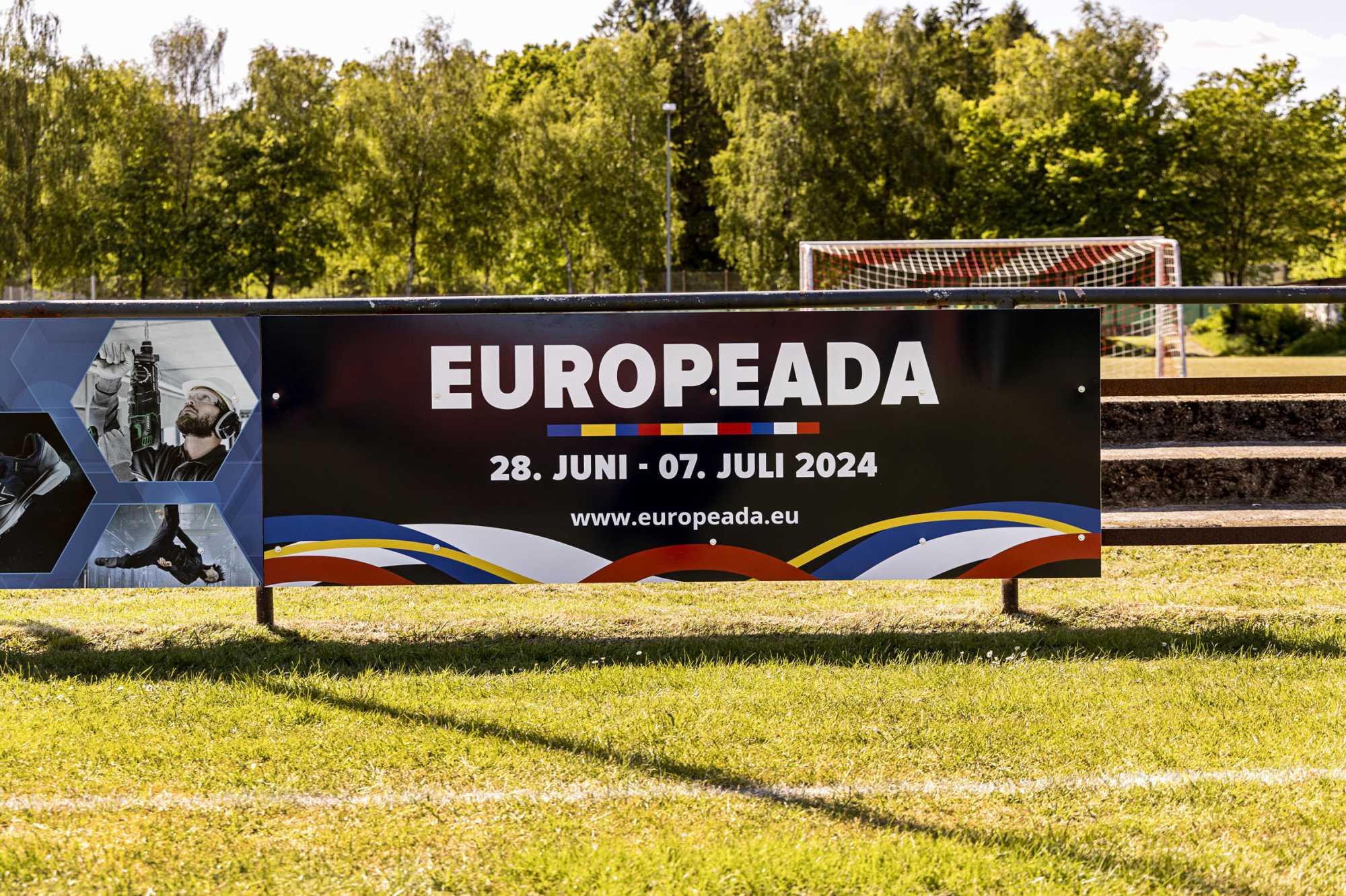
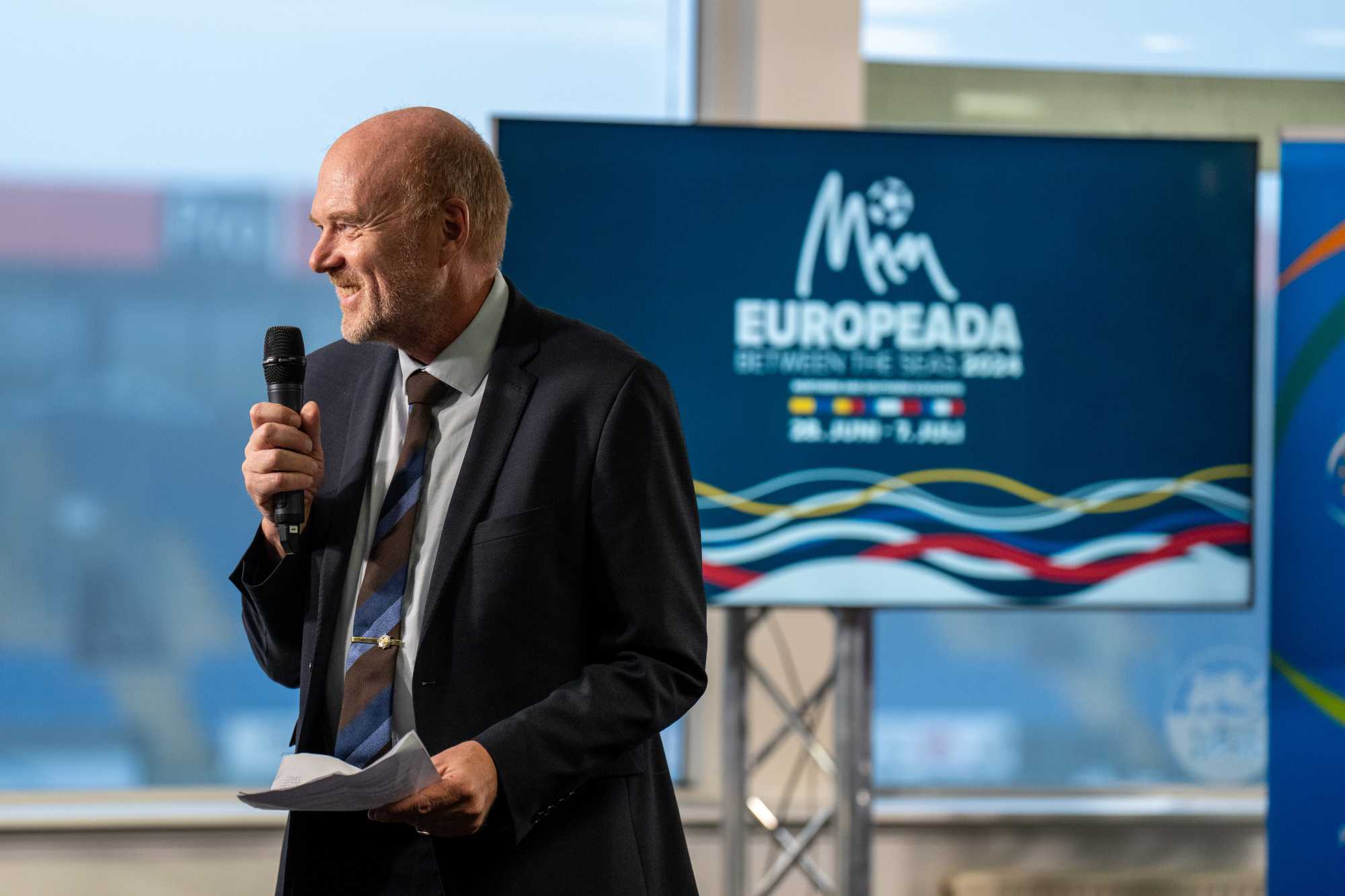
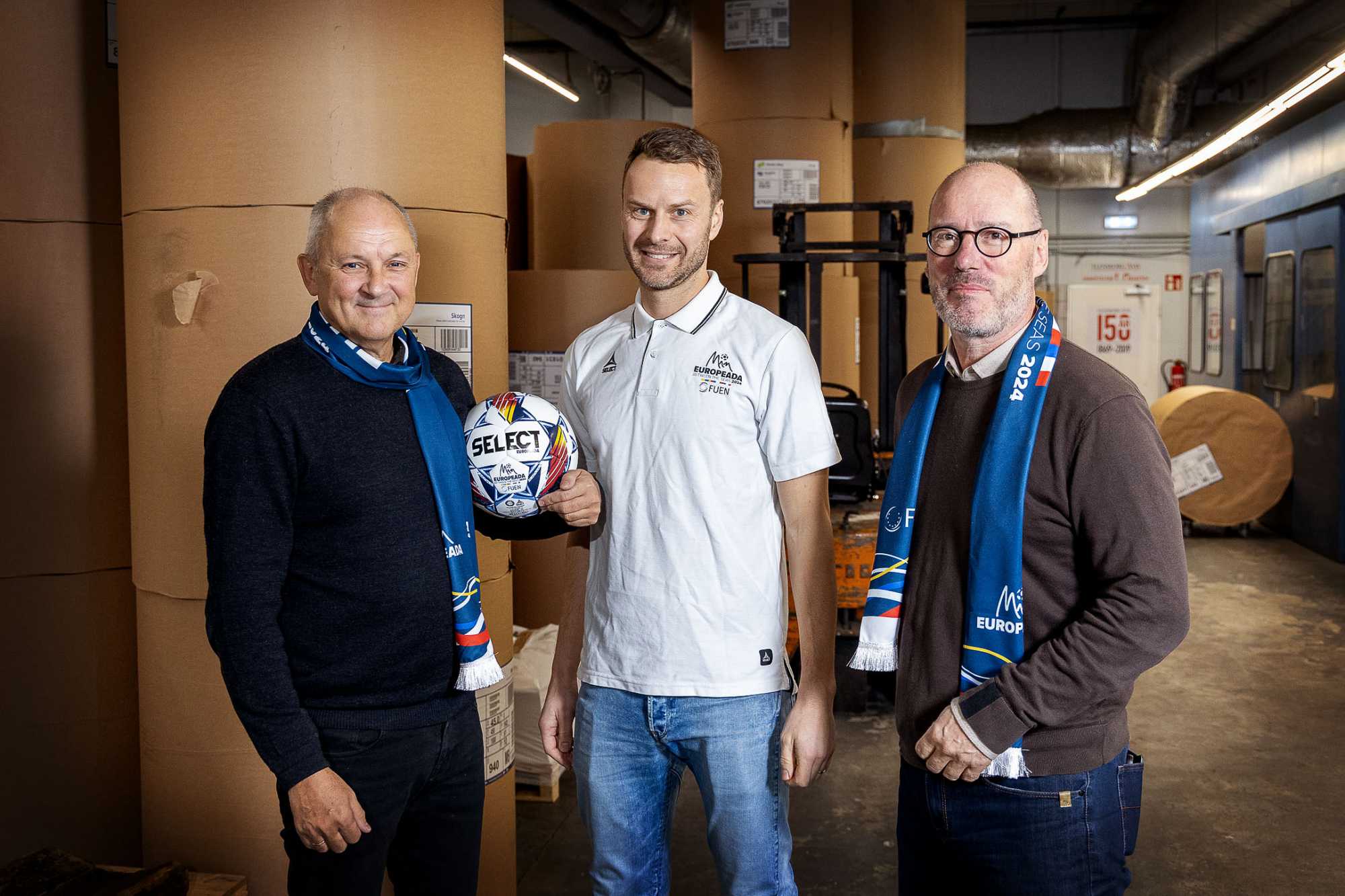
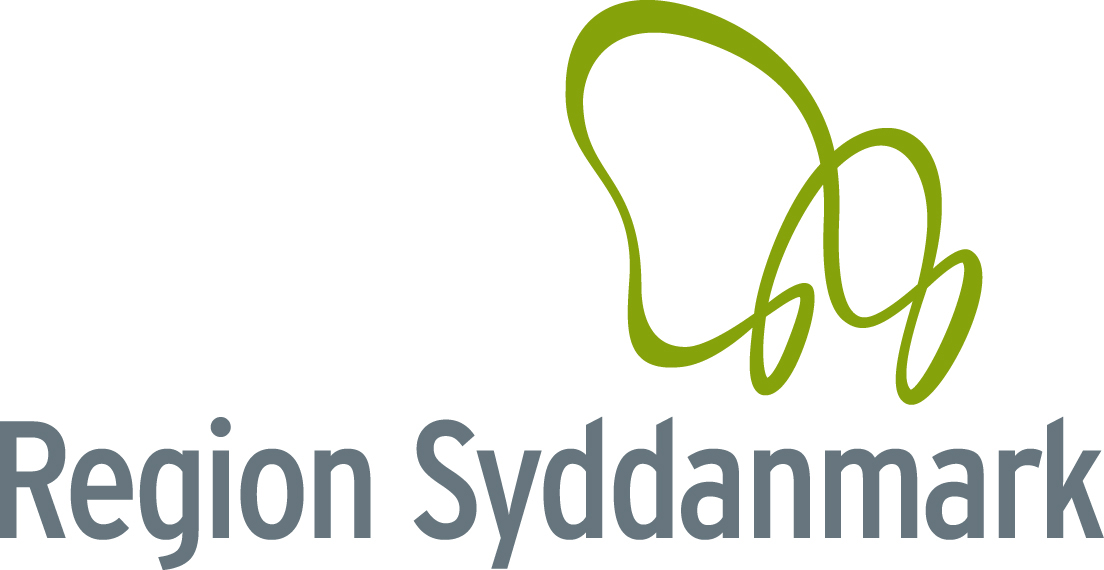
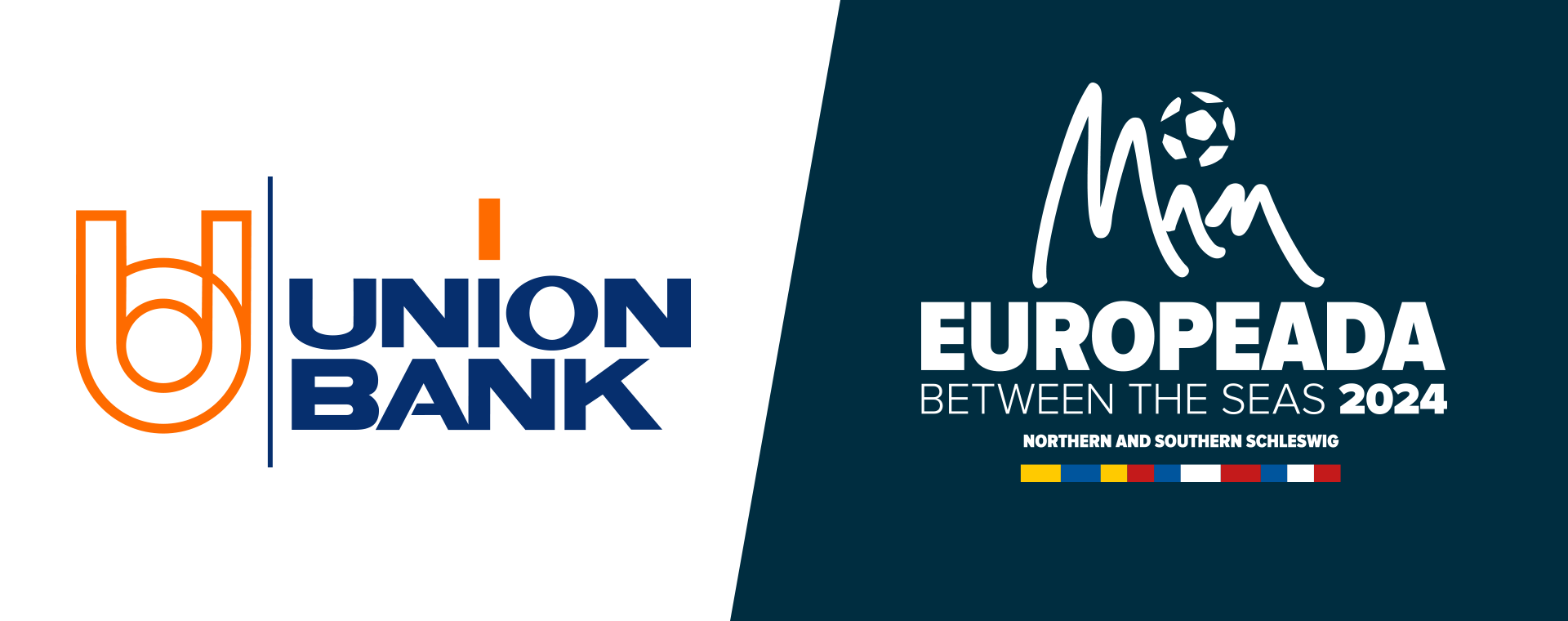
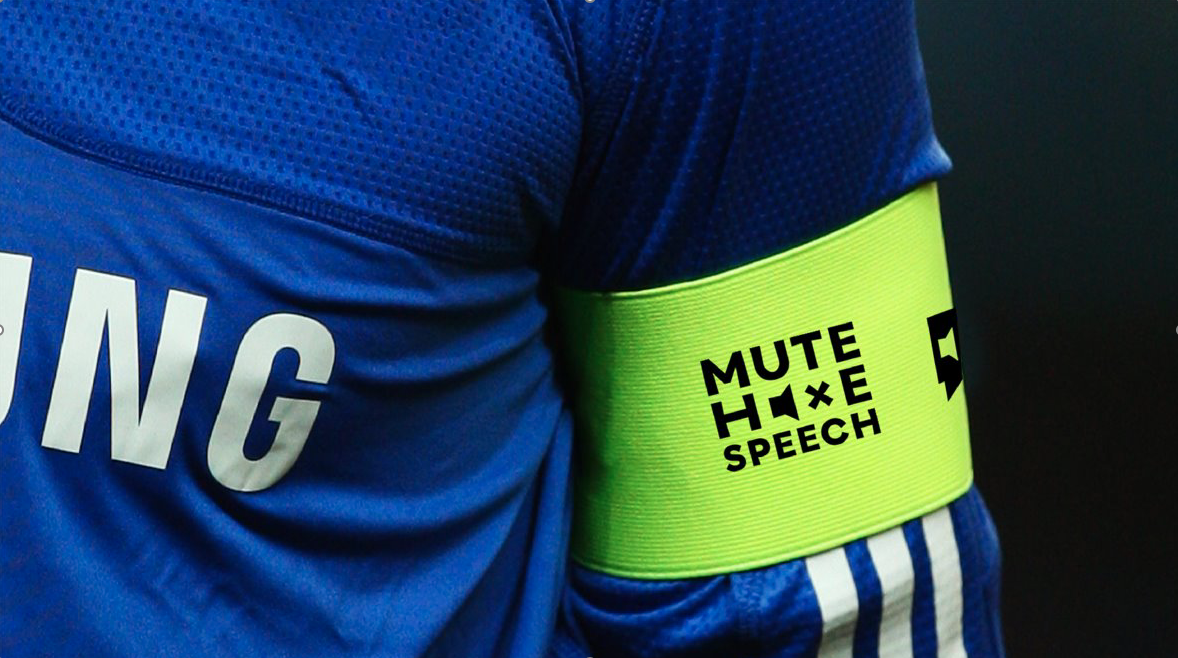
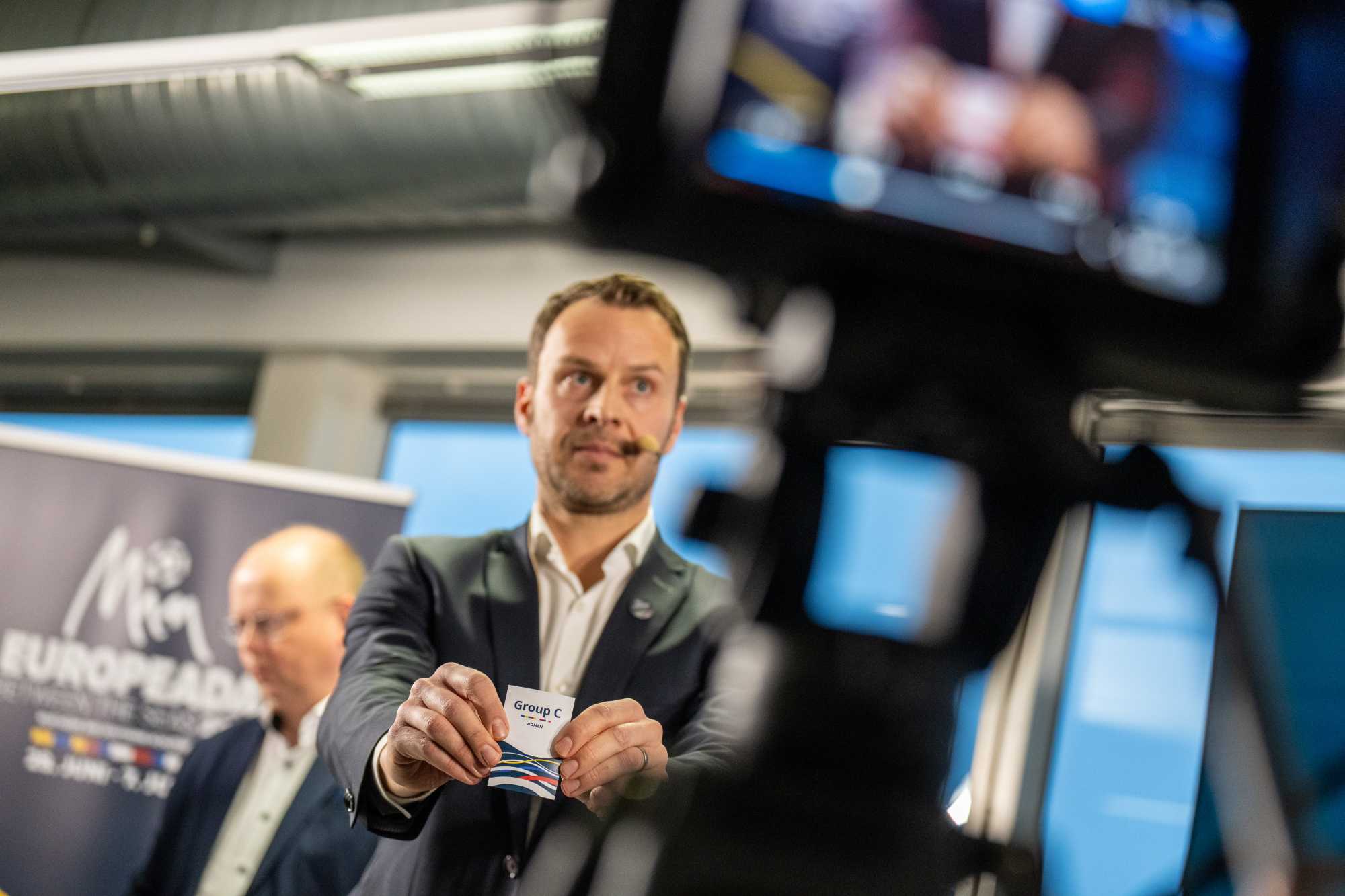

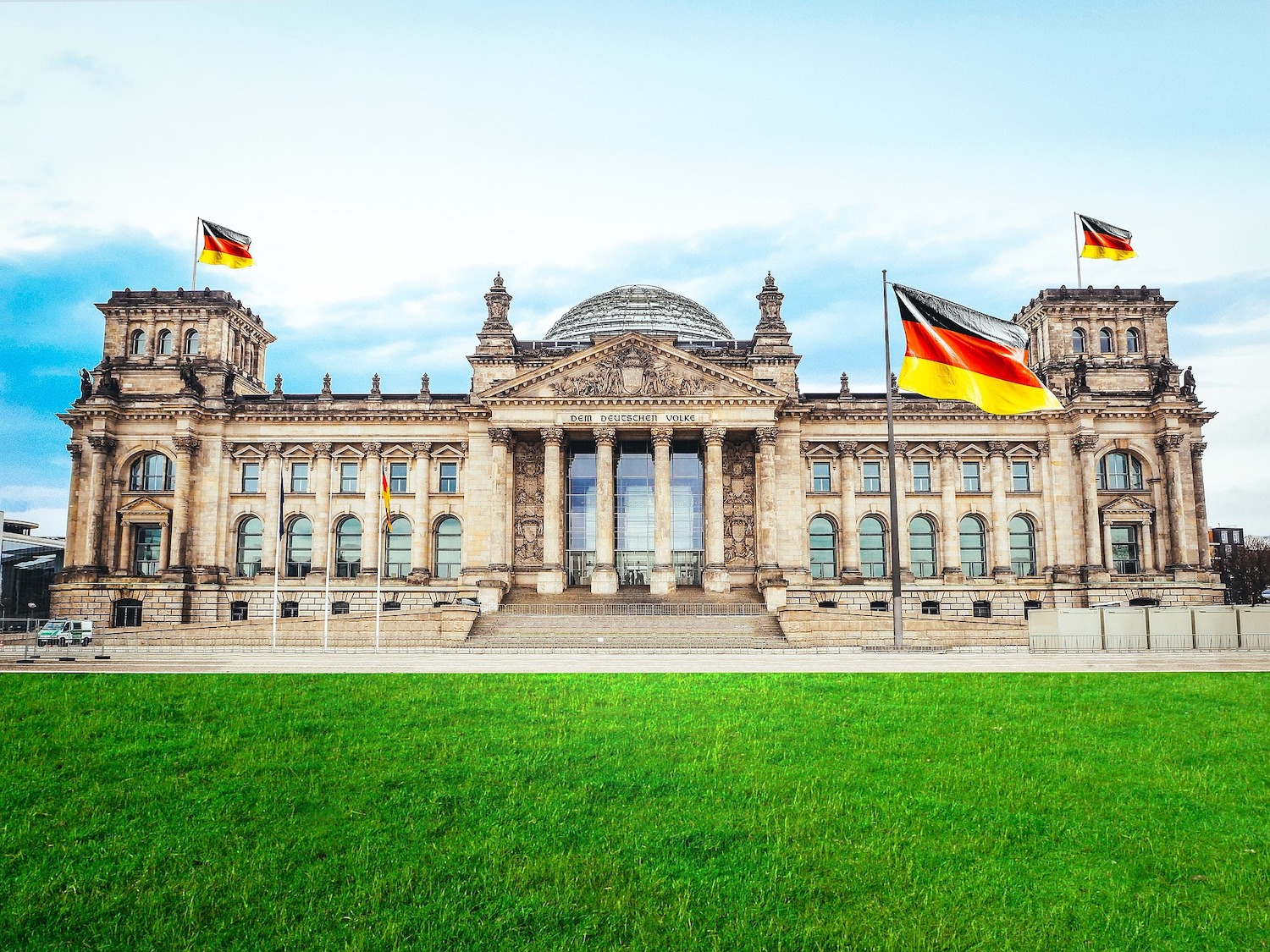
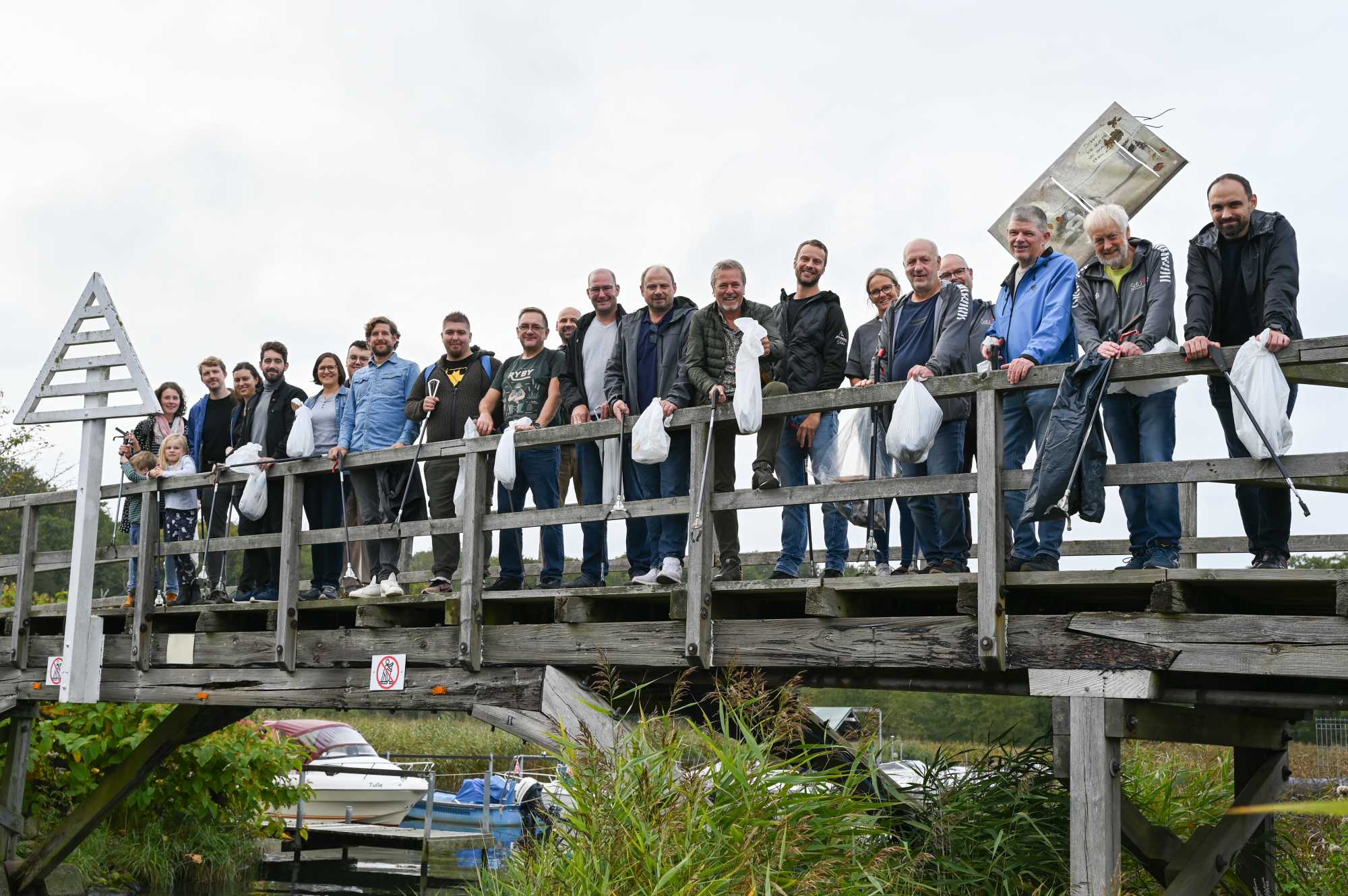
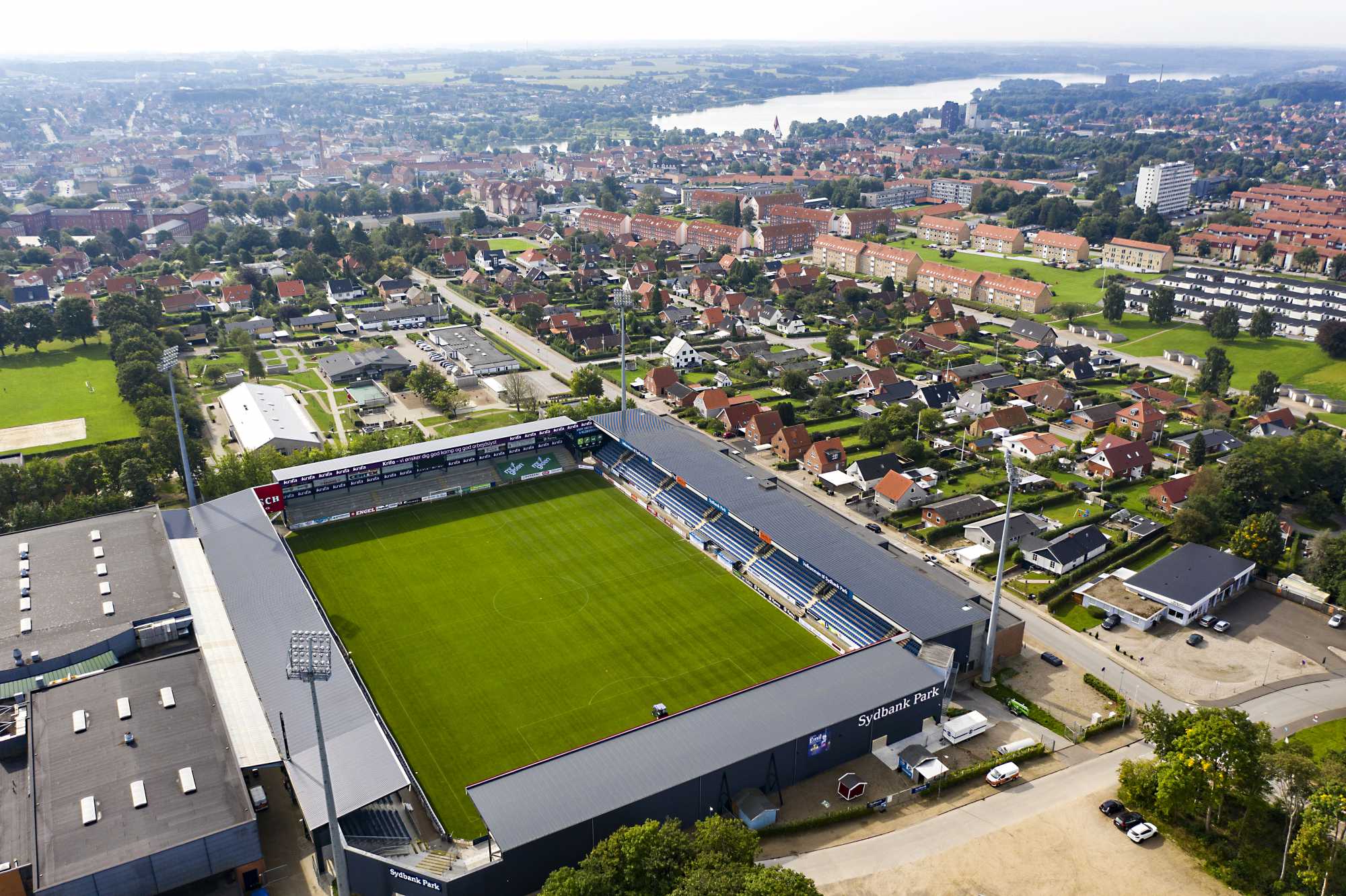
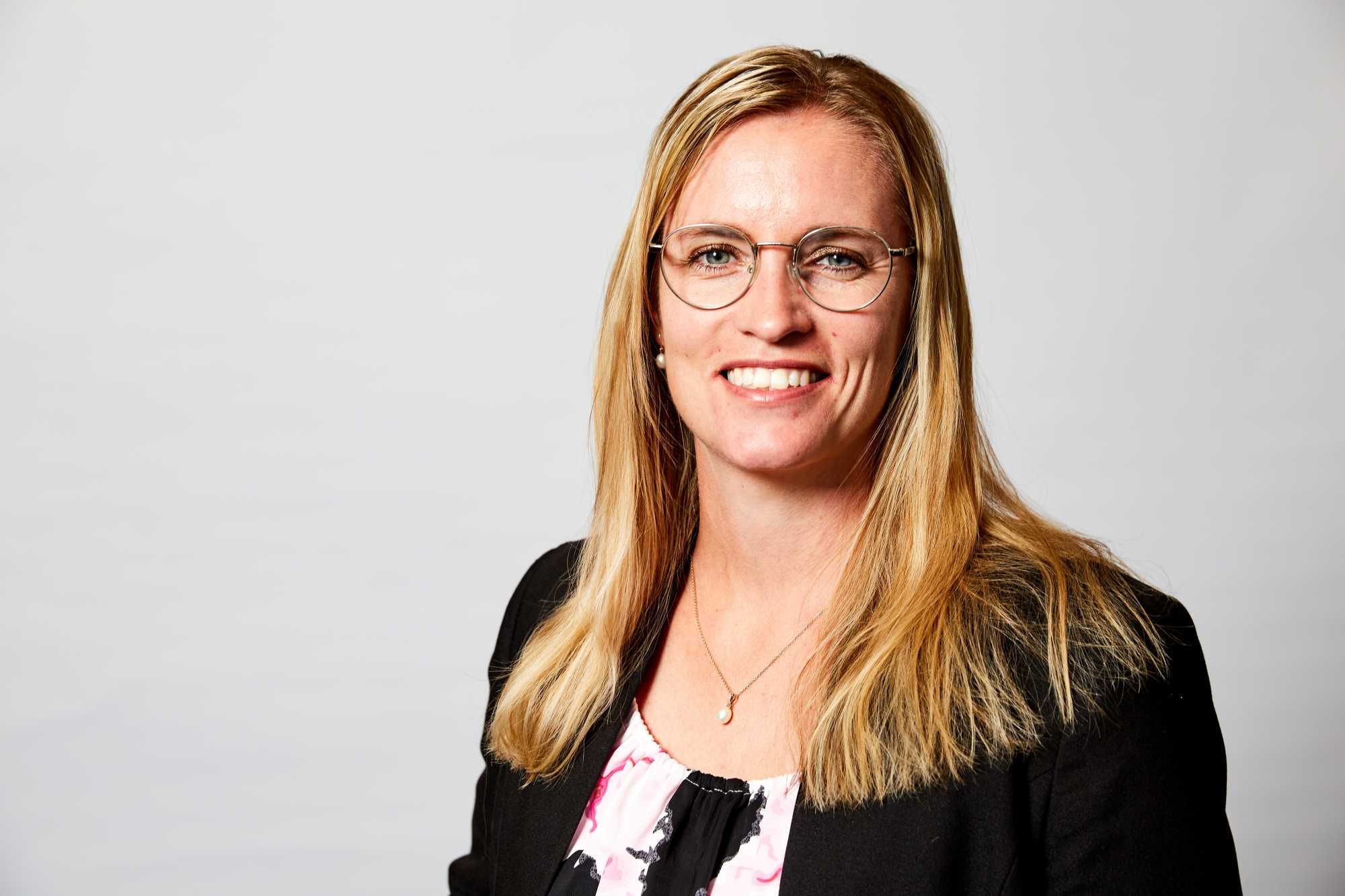
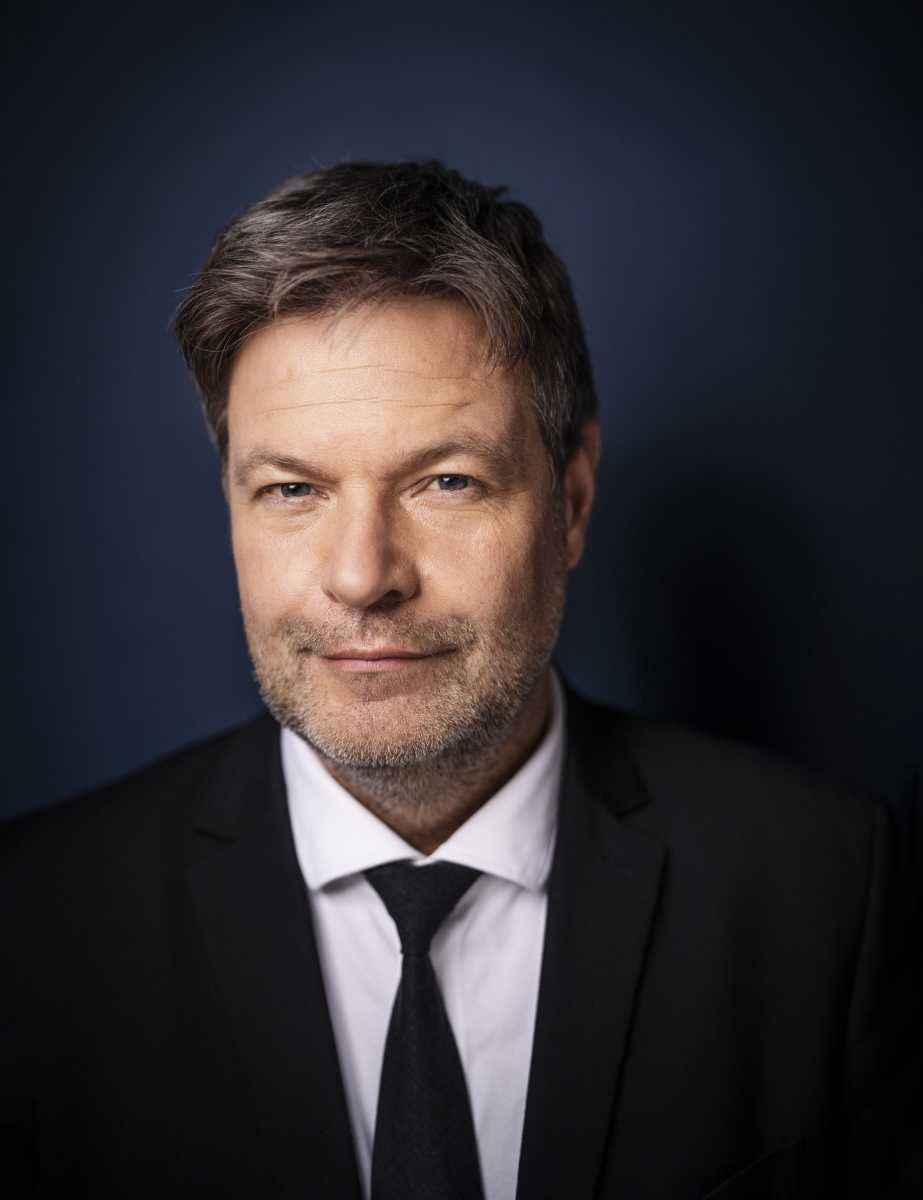
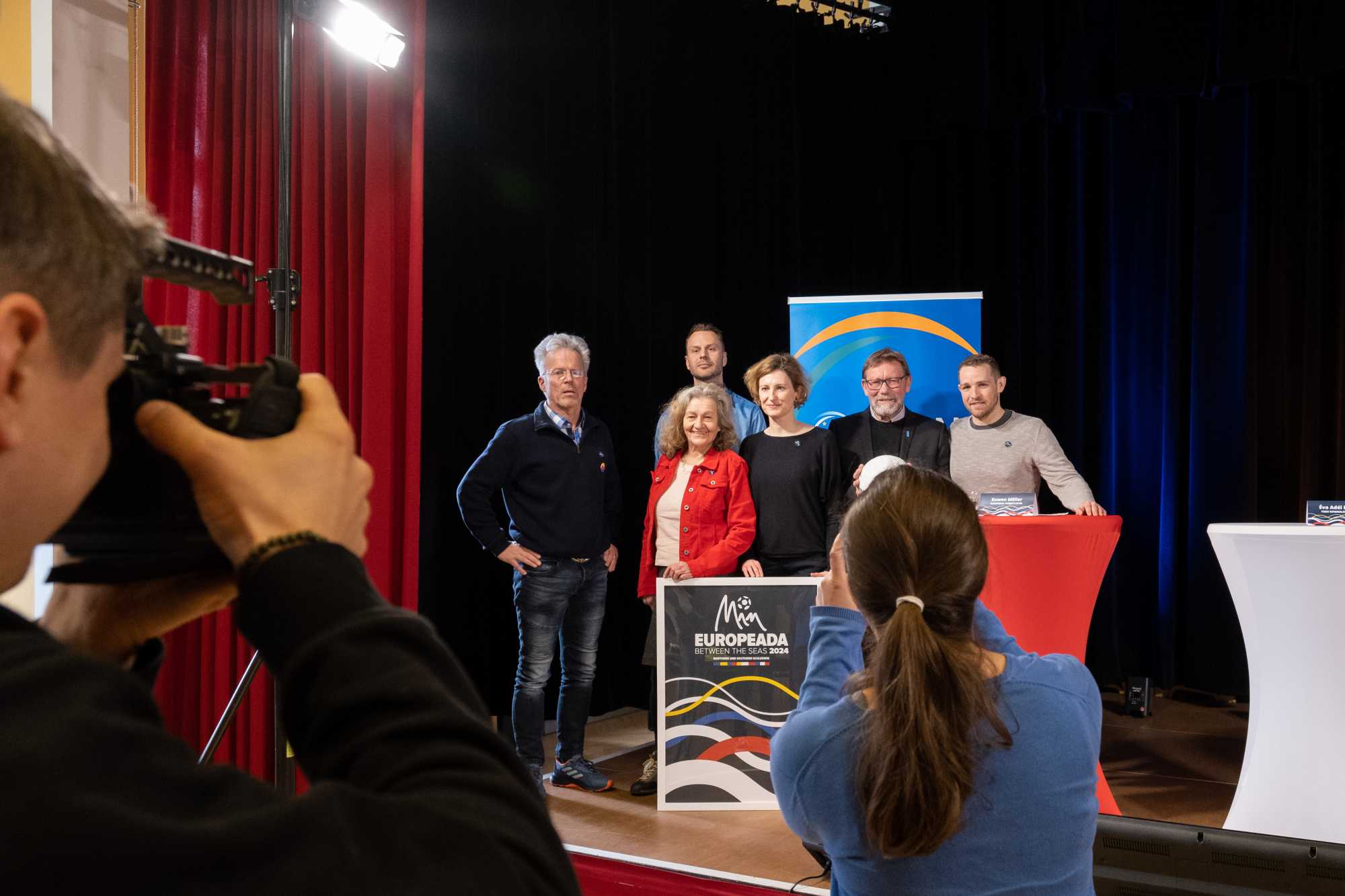



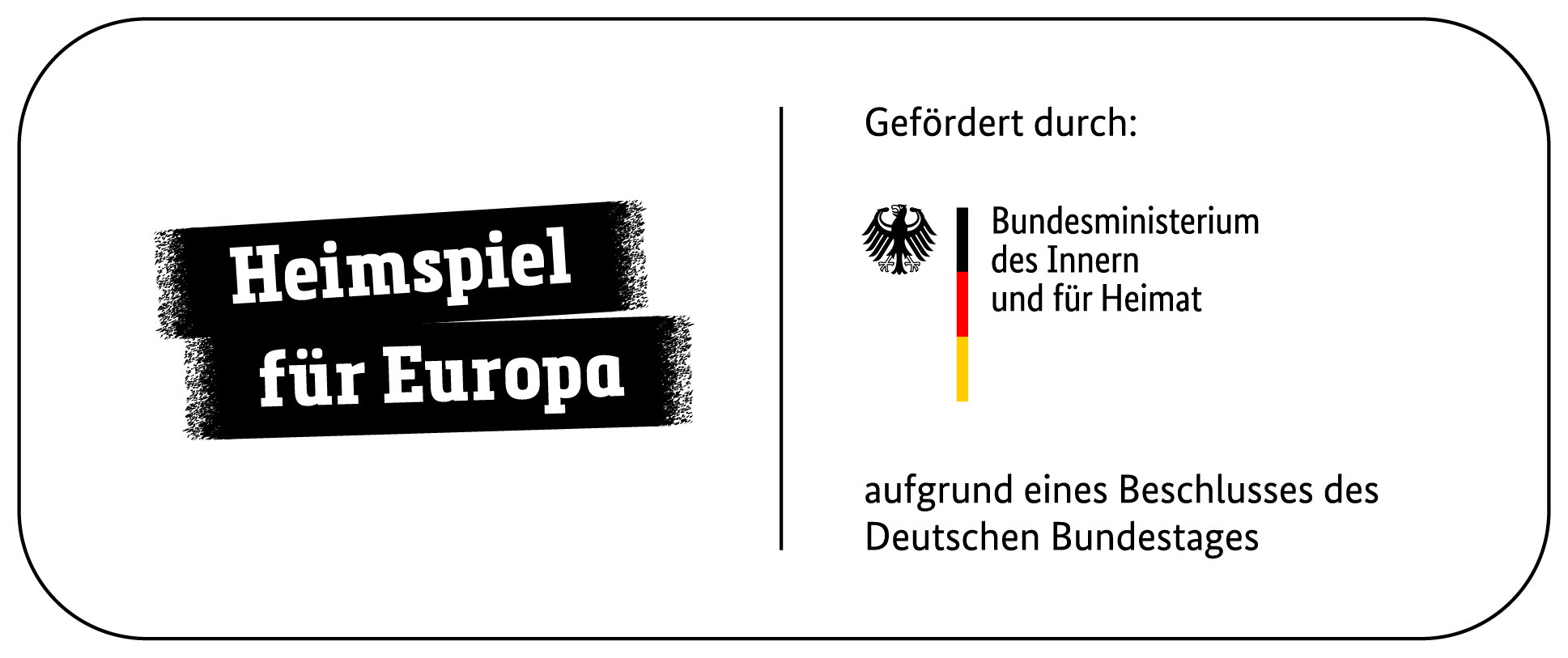
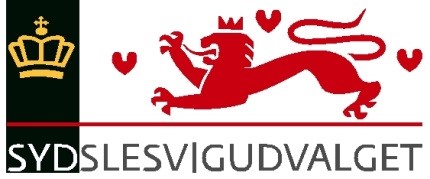



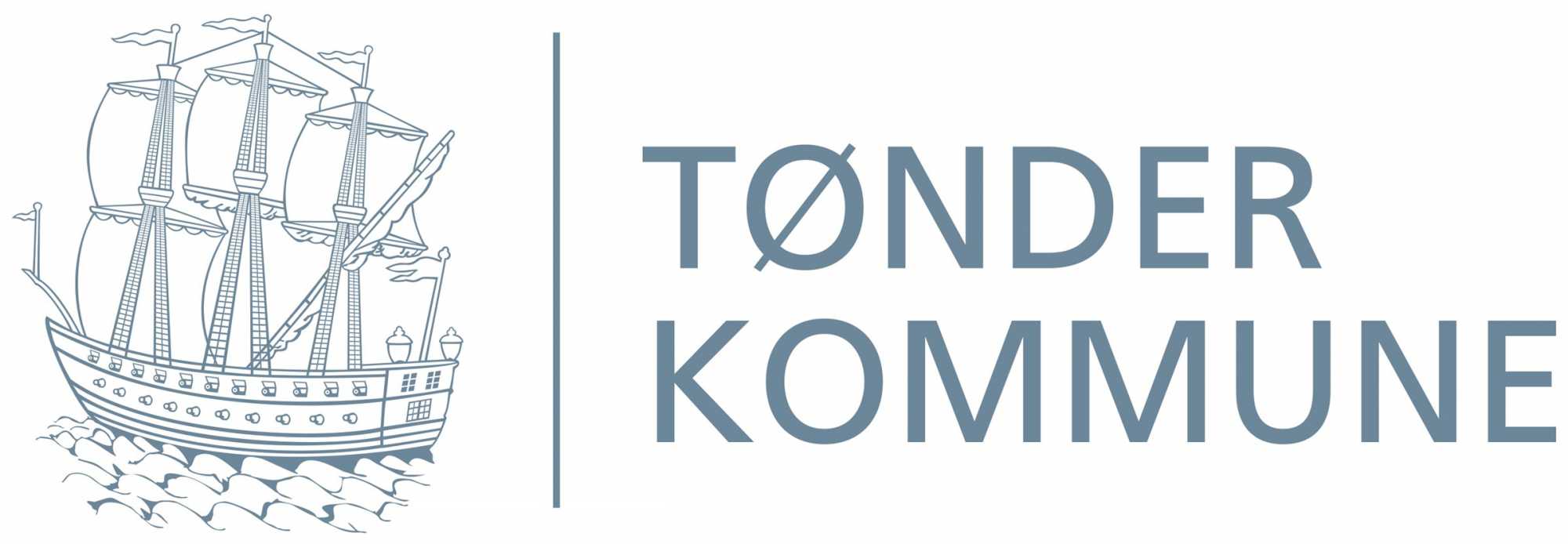
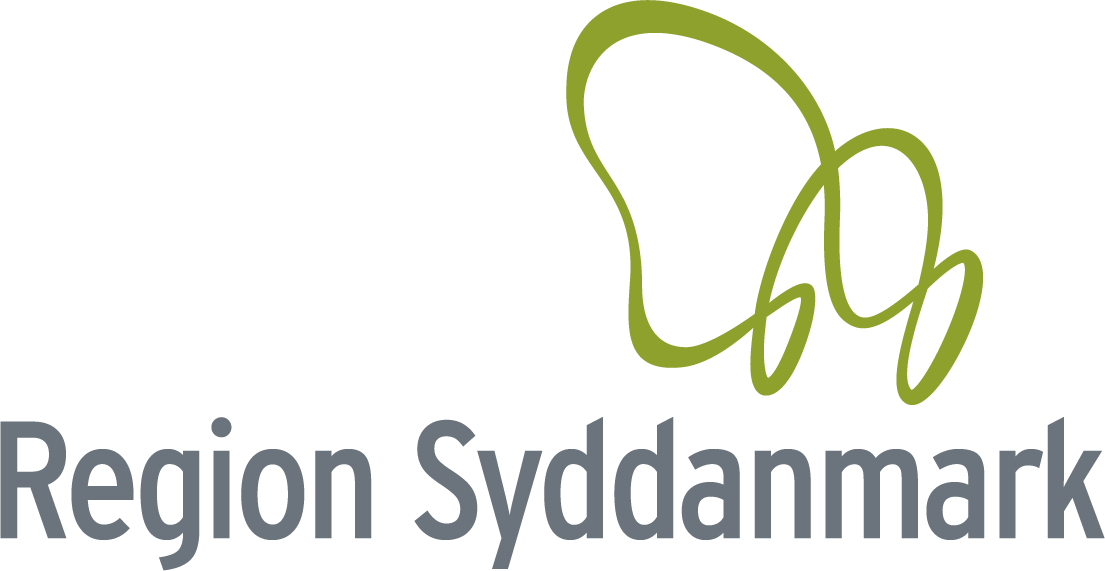
.png)



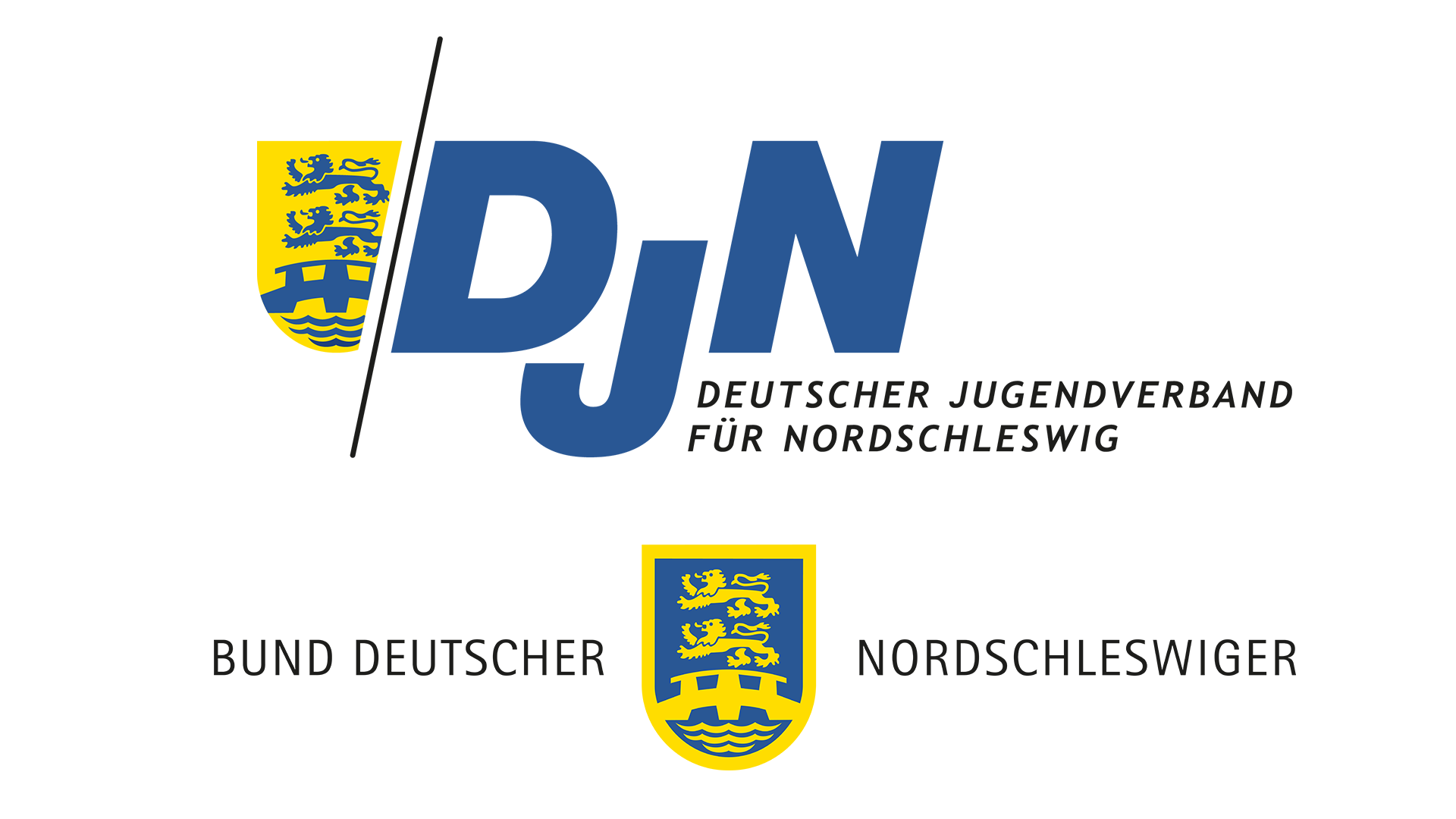
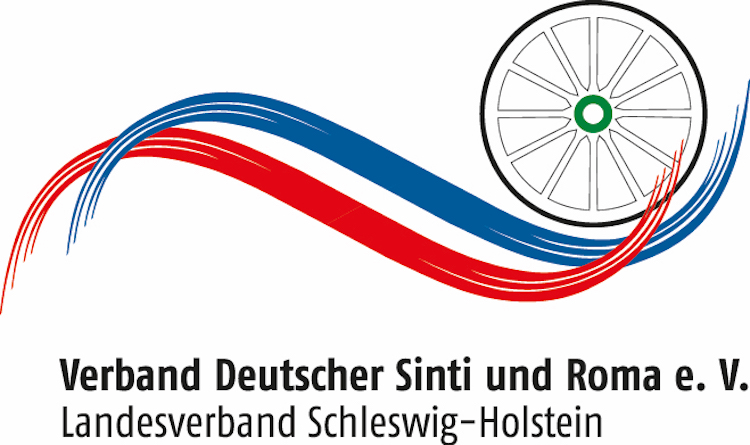

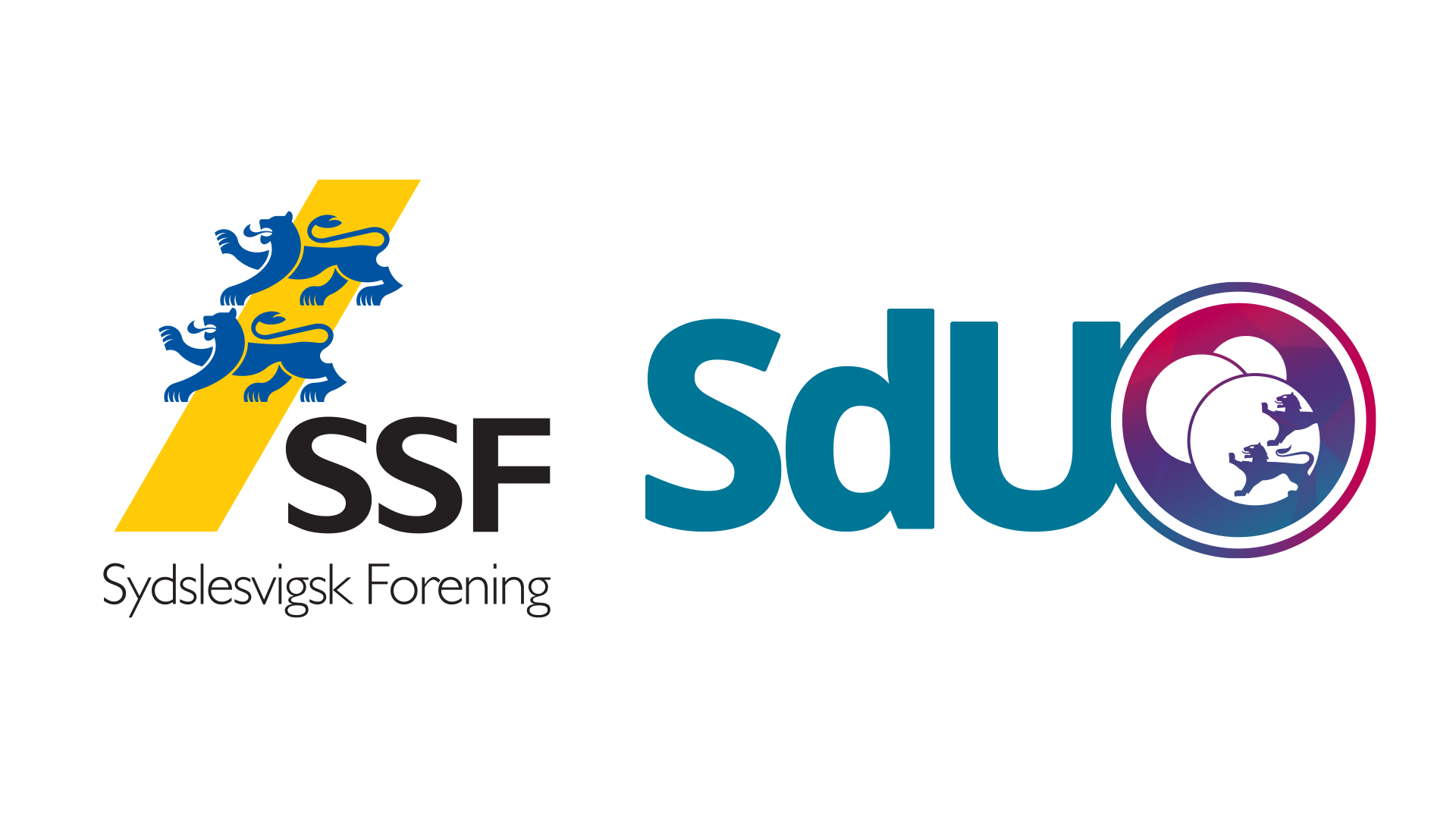


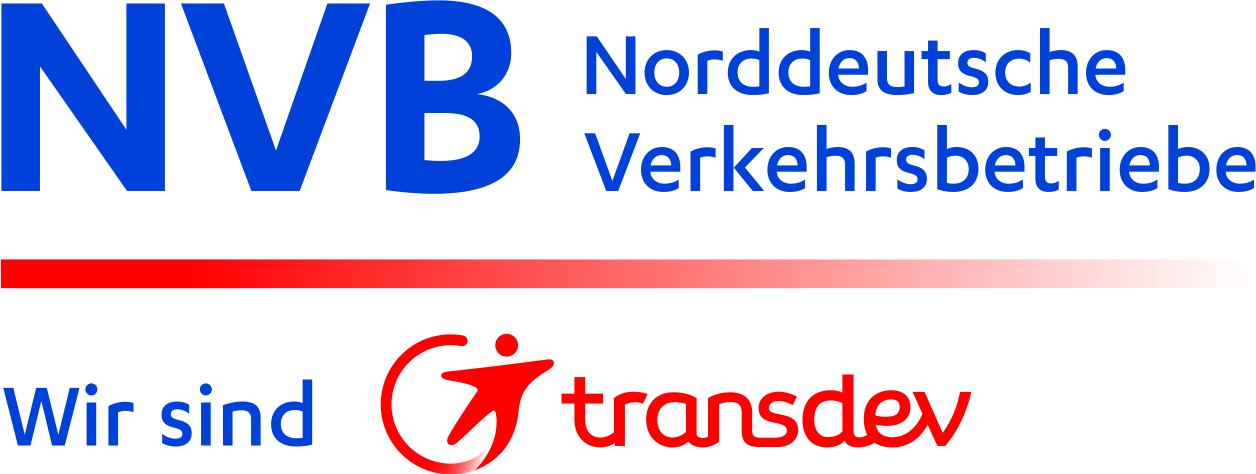

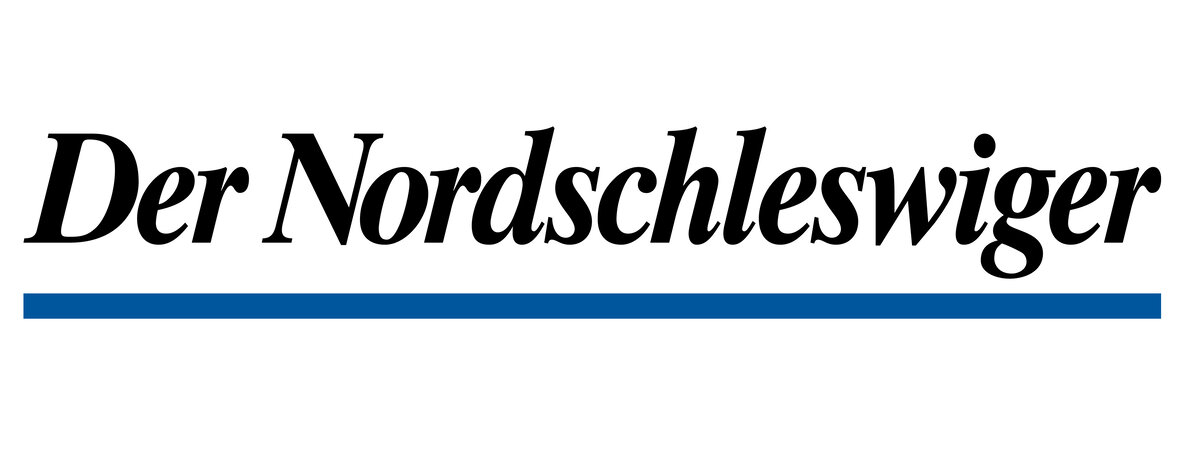




-1.png)
_(1).png)
